Dan Persyko ’60
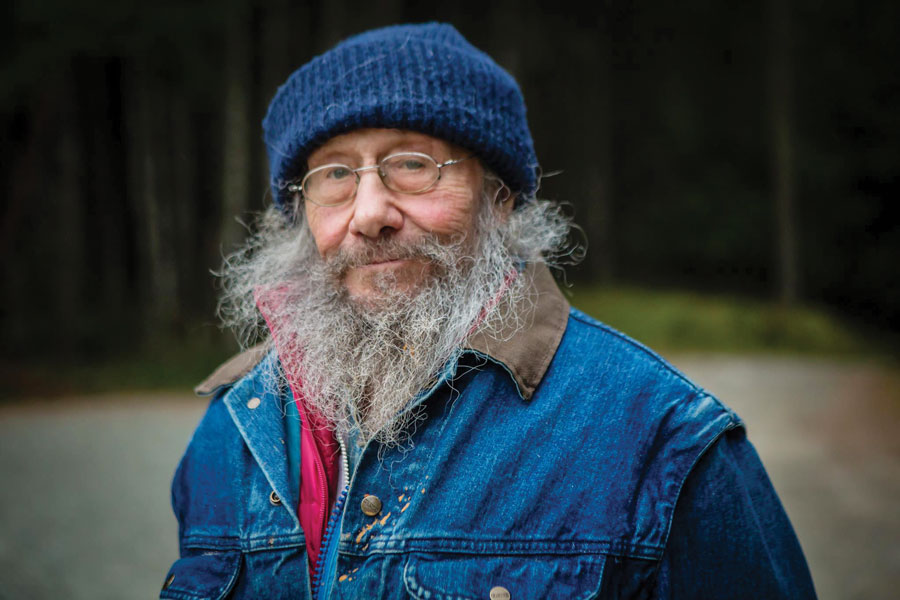
February 6, 2015, on Galiano Island, British Columbia, Canada.
Dan was born in Warsaw, Poland, at a time when anti-Semitism was on the rise. His family fled the country when Germany began bombing Warsaw on the eve of Dan’s second birthday. Dan’s father, Dr. Isaac Persyko, earned money practicing medicine as they traveled east on foot through the former Soviet Union. He was put to work as a prisoner of war doing labor in the Russian timber industry and then forced to work as a physician performing battlefield medicine on the front lines of the Russian army. Dan’s mother, Henia, found work caring for animals on a Russian circus train. Dan stayed with her and collected coal along the tracks to keep them warm as they traveled. Dan remembered his time on the circus train fondly, recounting how Lenia the elephant trusted him and came when he called her.
Dan’s parents were reunited at the end of the war and moved back to Warsaw, where they found a destroyed city. Nothing was left of the vibrant community they once called home, so they resettled in Stockholm, Sweden, awaiting the quota system that would eventually allow them to emigrate to the United States in 1950. Dan’s brother, Art, was born in Stockholm, three months before the family left for America. Dan was 13 years old when he and his family sailed past the Statue of Liberty.
After a brief stint in New York, the family settled in Oceanside, California. To help support the family, Dan took on two paper routes that paid him $60 per month. This was the same as Isaac’s salary as a medical intern at the Los Angeles City of Hope Hospital. In 1955, the family became naturalized citizens of the United States.
A bright and eager student with an interest in science, Dan graduated with honors from Whittier High School and then attended Reed, where he majored in sociology, studied calligraphy under Prof. Lloyd Reynolds [art andEnglish 1929–69], and was introduced to American folk music by the college’s extensive music collection. He helped set up KRRC, the student-run radio station.
For his final year, Dan transferred to Mexico City’s University of the Americas, graduating with a bachelor’s degree in sociology. He then traveled through North Africa and Europe, living in Europe until 1966. While in Europe, he took a correspondence course from the Berklee College of Music in Boston, fulfilling a lifelong dream of becoming a musician. Returning to the U.S., he moved to Seattle, Washington, and joined a rock band as a bassist.
In Seattle, he met Karen Warner, a Canadian, and moved with her to Canada in 1967. Though he and Karen went their separate ways after a year and a half, Dan attained the status of “landed immigrant” in Canada and eventually became a citizen. He taught music and learned to make guitars in Vancouver, British Columbia, and moved to Galiano Island in 1969.
The next year, he met Francine Renaud on a ferry on the way to work at Seedpod, an instrument maker’s commune on Georgeson Bay Road. This meeting sparked a creative and family partnership. Music, arts, and crafts became their passion and a means for their family to grow; their daughters, Sarah and Tamara, were born on Galiano. The couple made a full and happy life on the island, making music and jewelry, growing a garden, and raising chickens. They became skilled at the identification of native plants, fish, and other wildlife; they canoed and hiked through the forest to forage for food; and Dan fashioned catamarans by lashing two canoes together. Avid hunter-gatherers, they picked mushrooms, nettles, salal berries, salmon berries, and blackberries; dug clams and oysters, and harvested sea urchin roe and sea cucumbers from the Salish Sea. Dan was a scholar with a strong interest and curiosity about many aspects of the world around him, which he constantly explored. The family became loved and respected members of the island community.
Dan, Francine, and the kids traveled to visit her family in Eunice, Louisiana—the source of the music they loved and played together: Cajun and zydeco.
A man of many talents, Dan was skilled in the use of languages. In addition to English, he spoke Polish, Russian, Spanish, and French. He practiced the art of calligraphy and was a soulful musician. In his workshop by the water, Dan made and sold guitars and dulcimers, and later became a fine metal and bead jewelry craftsman, leather worker, and drum builder in that same workshop.
His final profession was as a one-man band, entertaining tens of thousands of people over the years as “Dan, the Man, the One Man Band,” including in front of the Empress Hotel in Victoria, British Columbia; in Australia; in San Francisco, California’s Union Square; and at Fisherman’s Wharf.
Among his greatest joys in life were sharing and discussing knowledge, music, and ideas with others and experiencing his relationship with nature and the universe. Dan believed that everything is connected and that separate life is always an illusion. For him, death was not the end. In his words, “consciousness doesn’t die when the brain dies, because it’s contained, among other things, in memory, in a social network and in culture.”
He once said he hoped that God would grant him many years of life in the paradise that he’d found on Galiano Island to make up for the horrors of war that he and his family experienced as a child. Ultimately that did transpire; he found peace, community, joy, and love in his final resting place on Galiano Island.
Appeared in Reed magazine: September 2022
comments powered by DisqusFrom the Archives: The Lives they Led
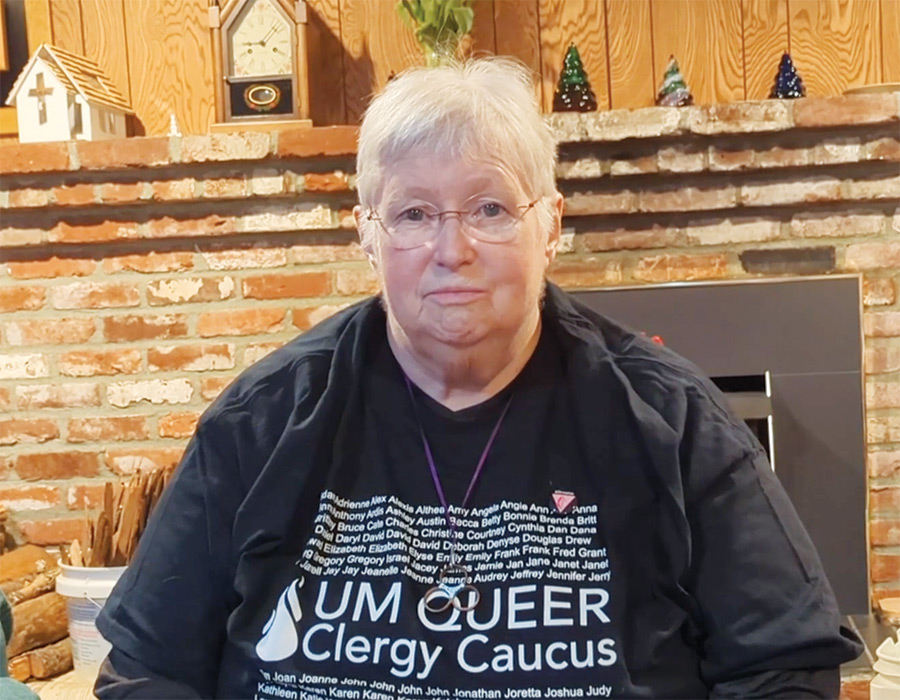
Jeanne Knepper ’69
The First Openly Gay Woman to Be Ordained and Appointed Within the Oregon-Idaho Conference of the United Methodist Church
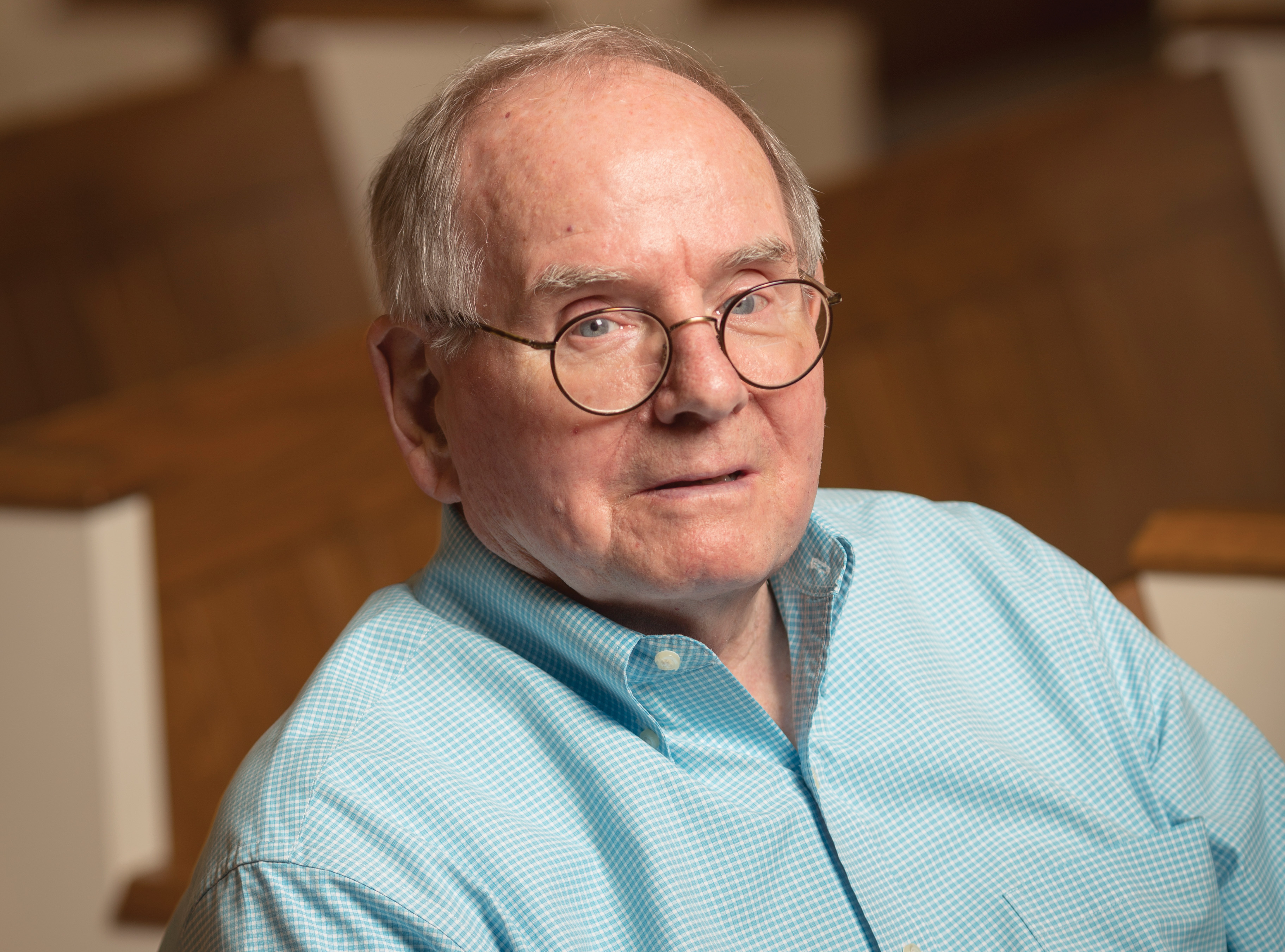
William Haden
As Acting President of Reed, He Strengthened the College's Finances and Alumni Relations
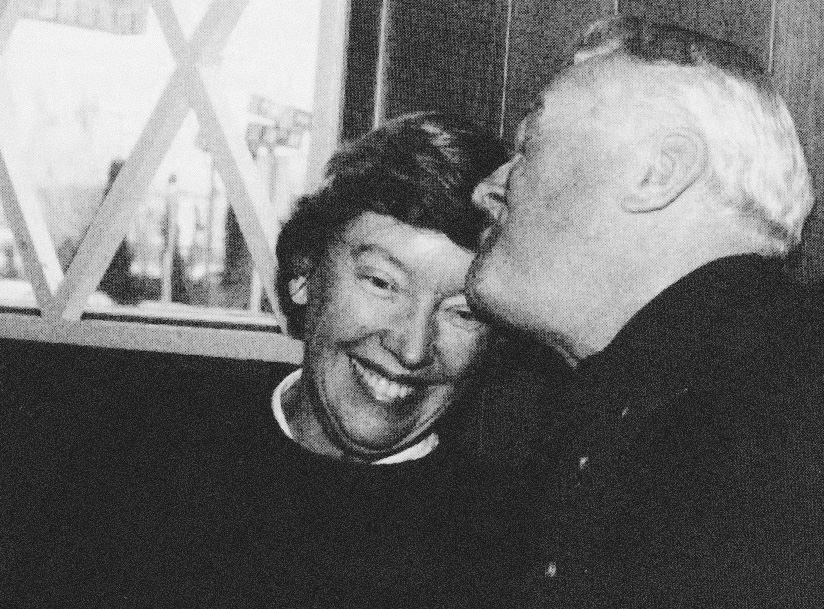
Nancy Horton Bragdon
Reed’s First Lady Whose Warmth and Leadership Were Invaluable During a Turbulent Time

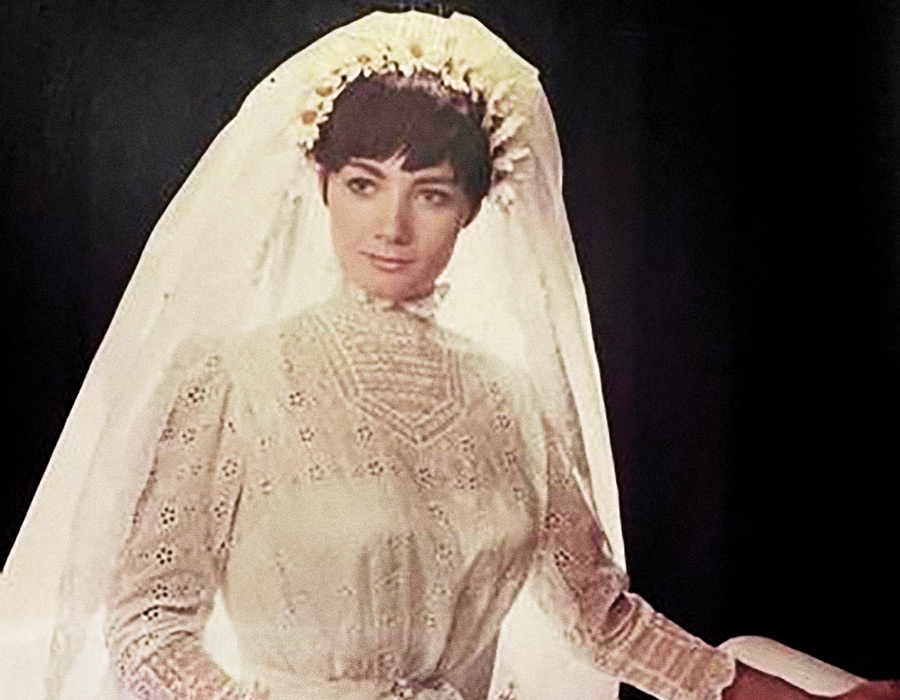
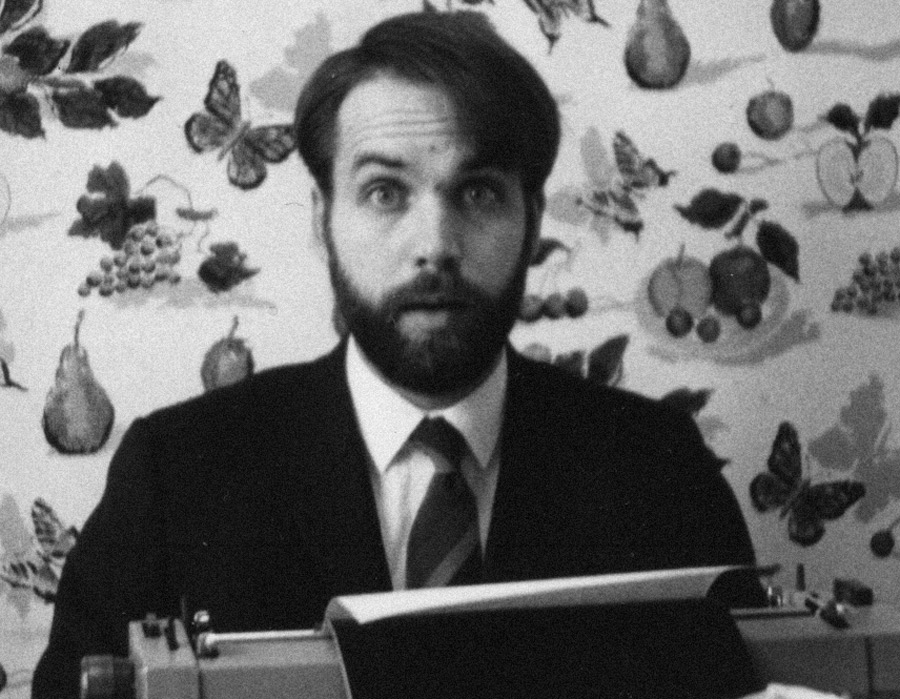
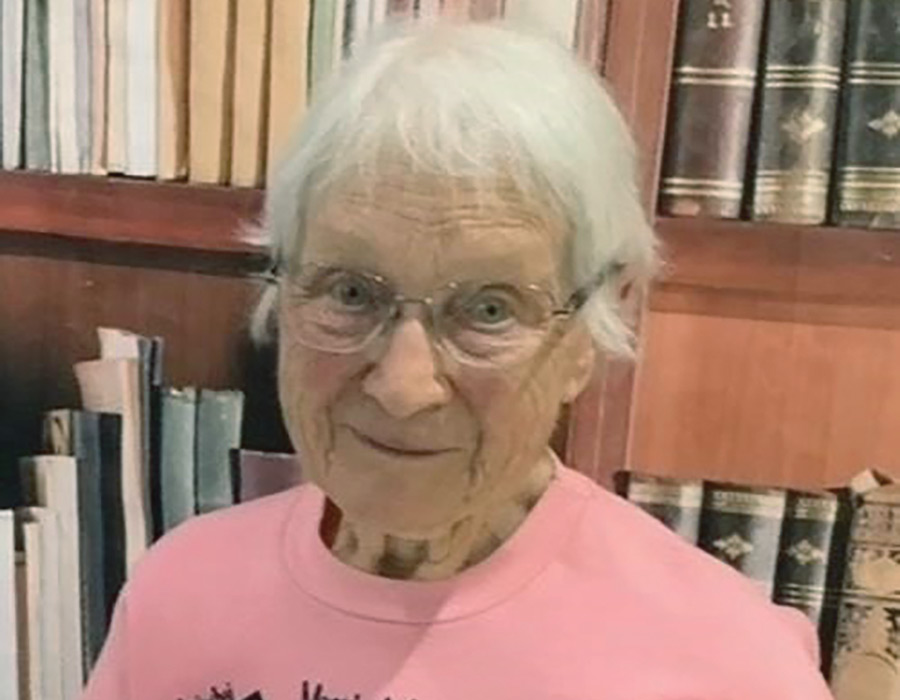
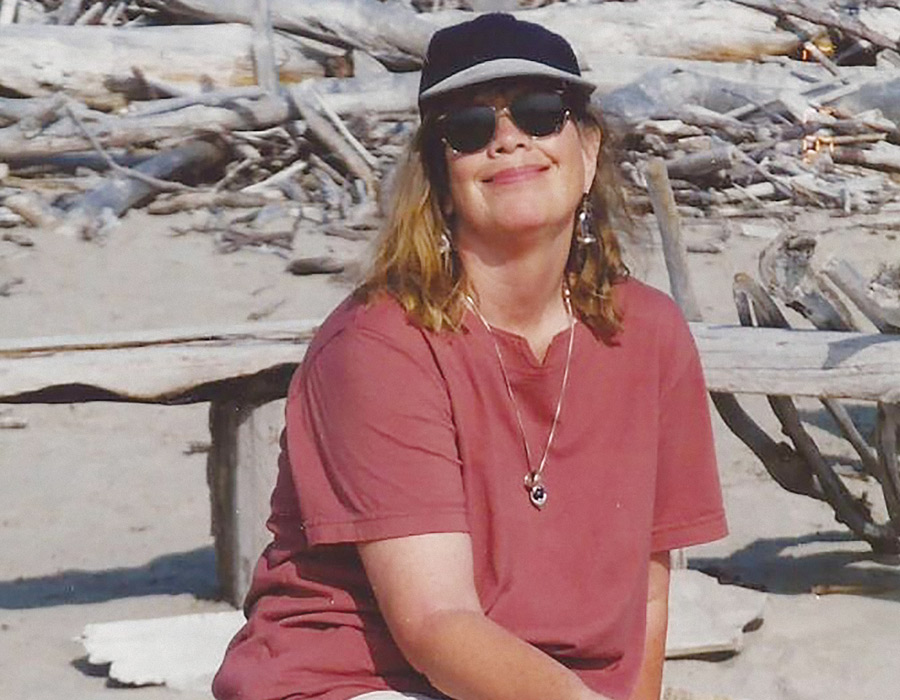
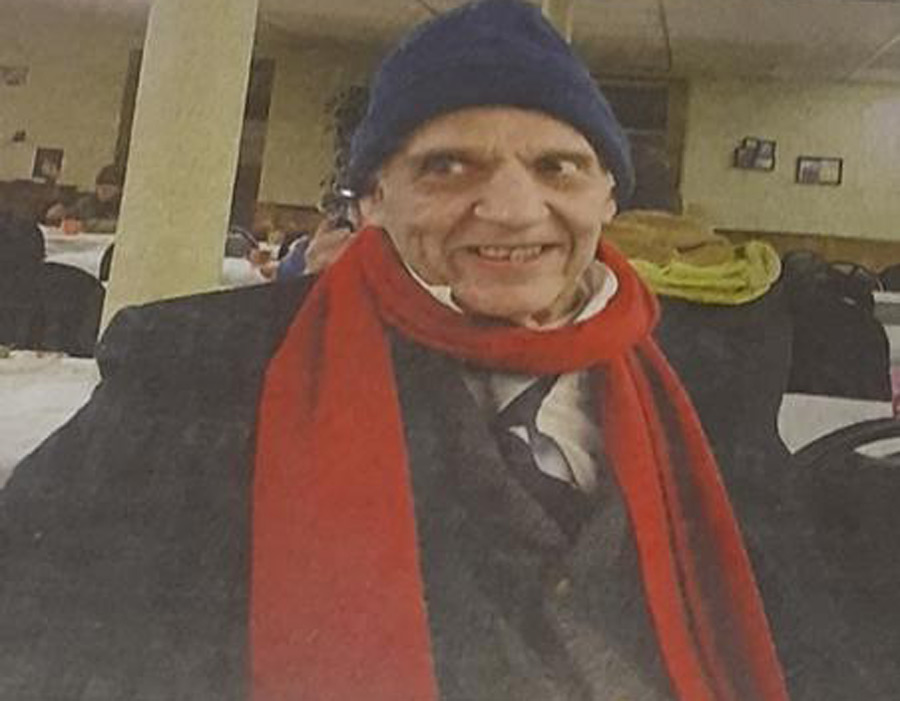
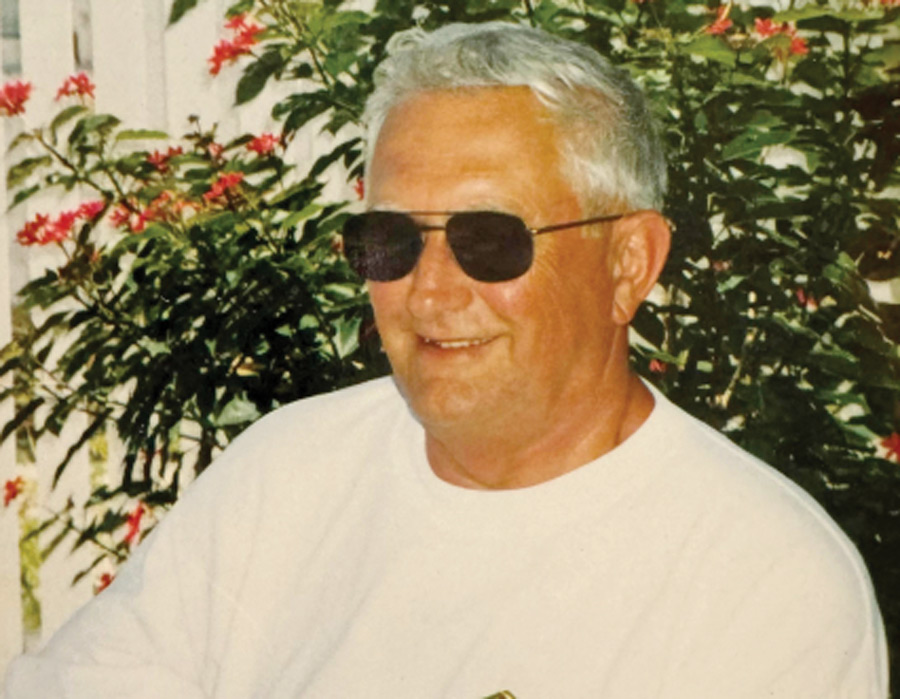
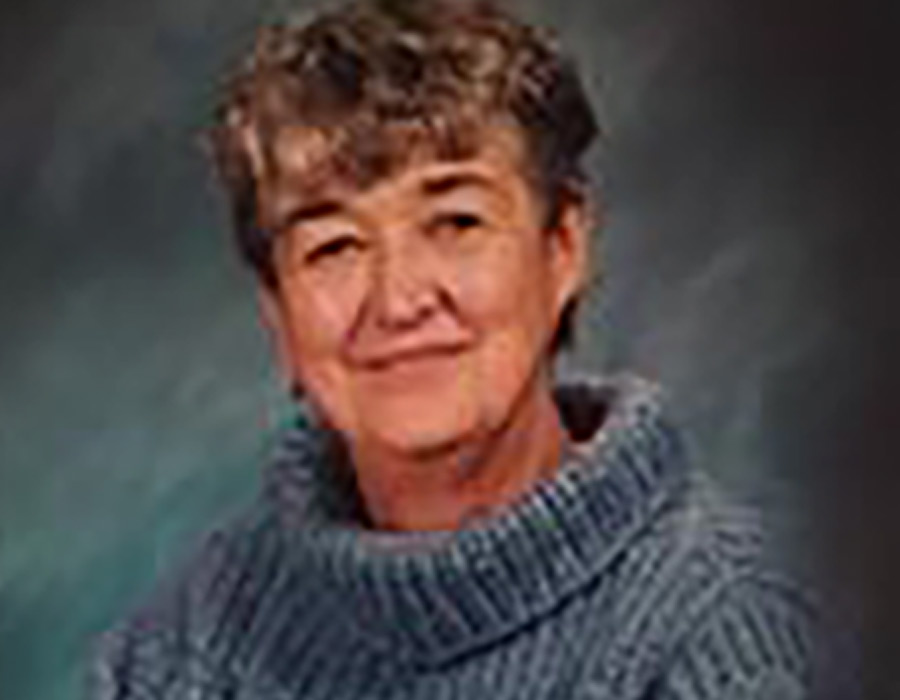
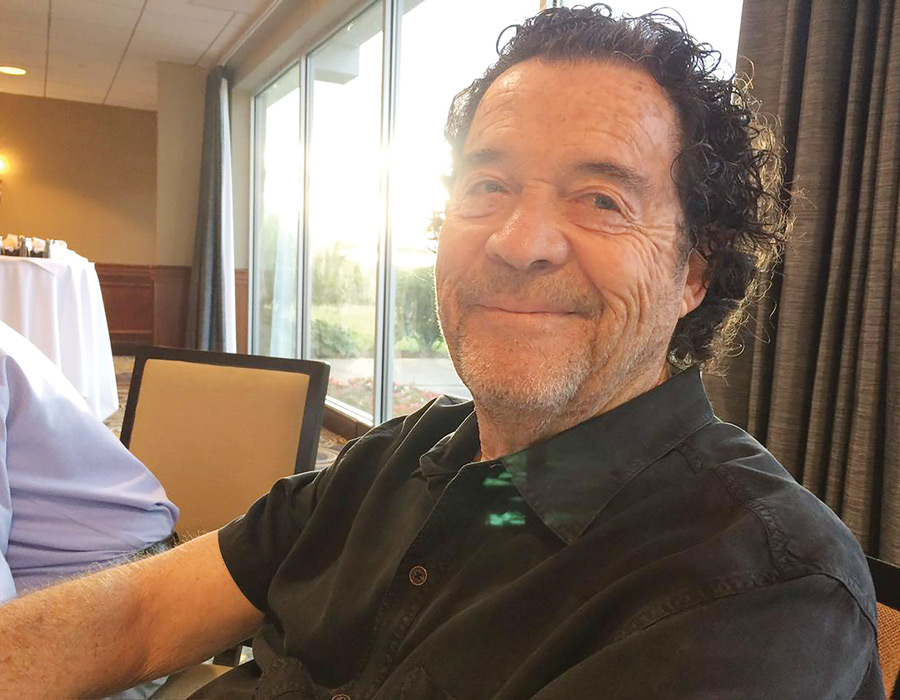
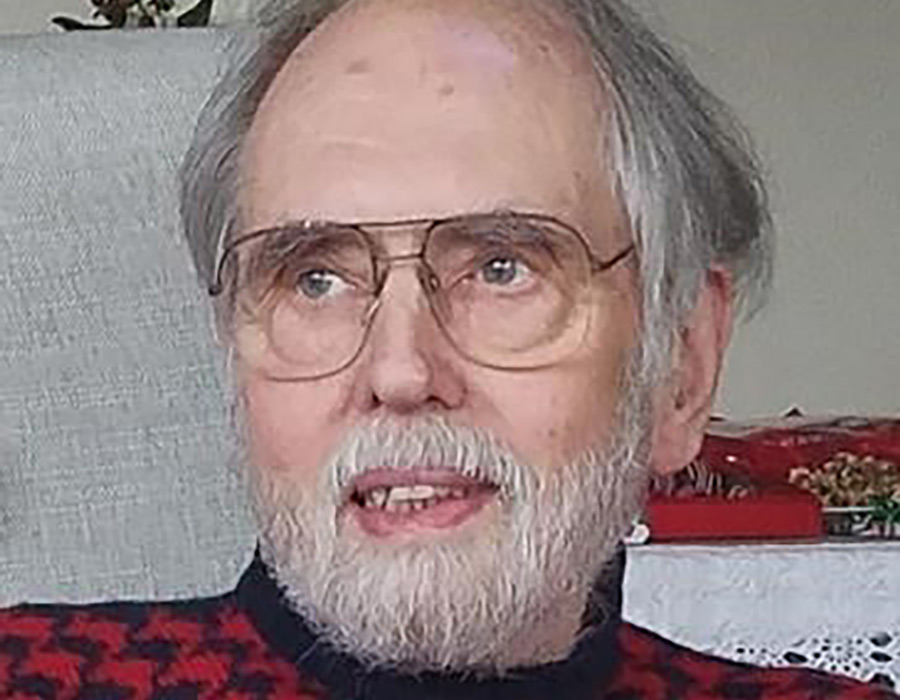
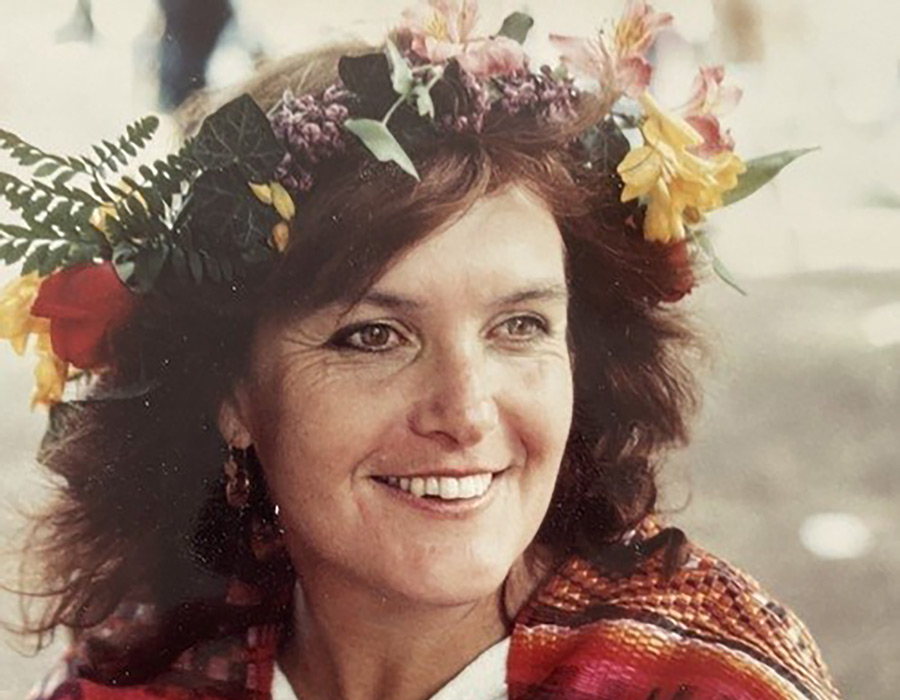
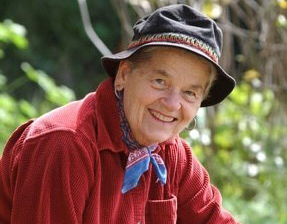
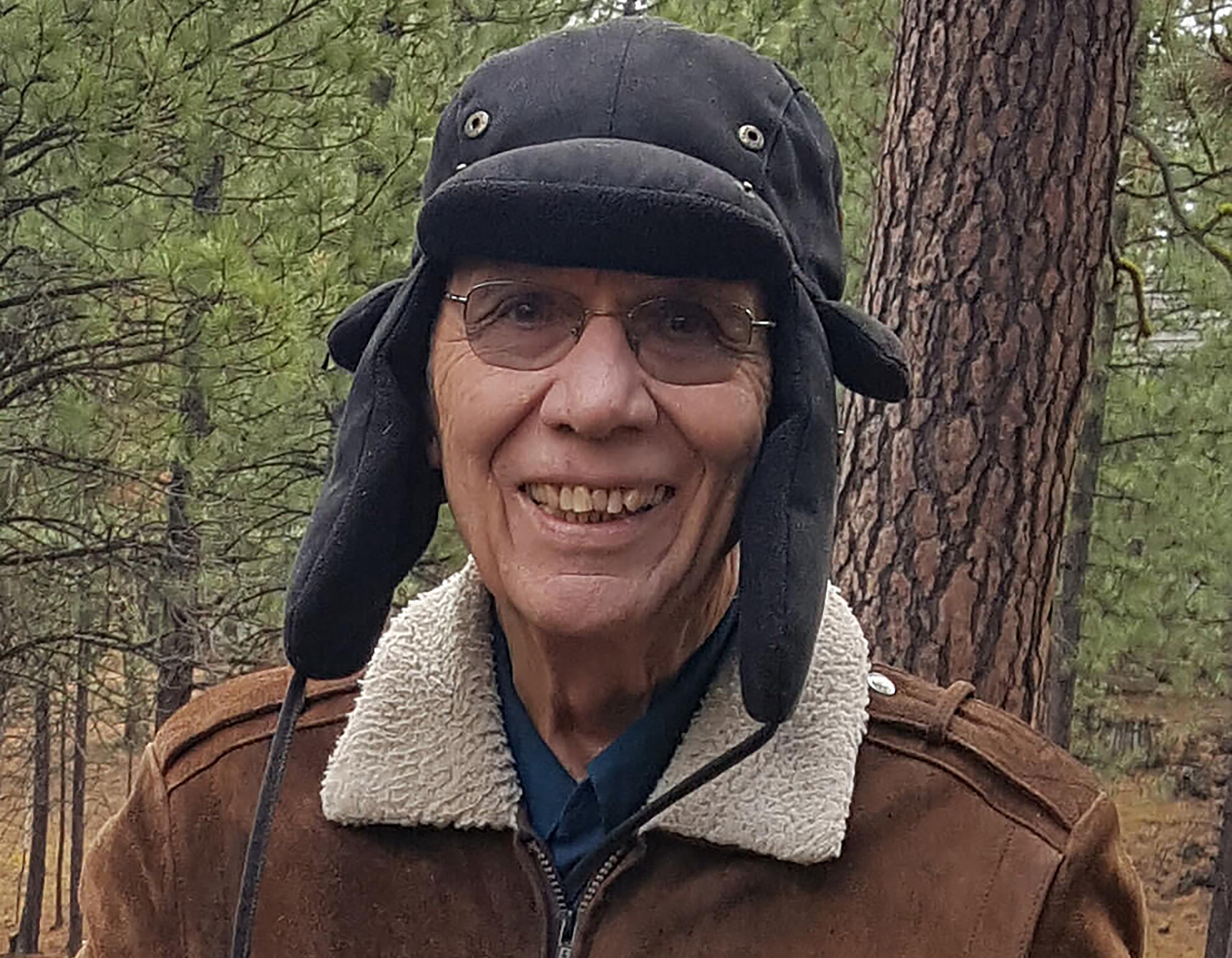
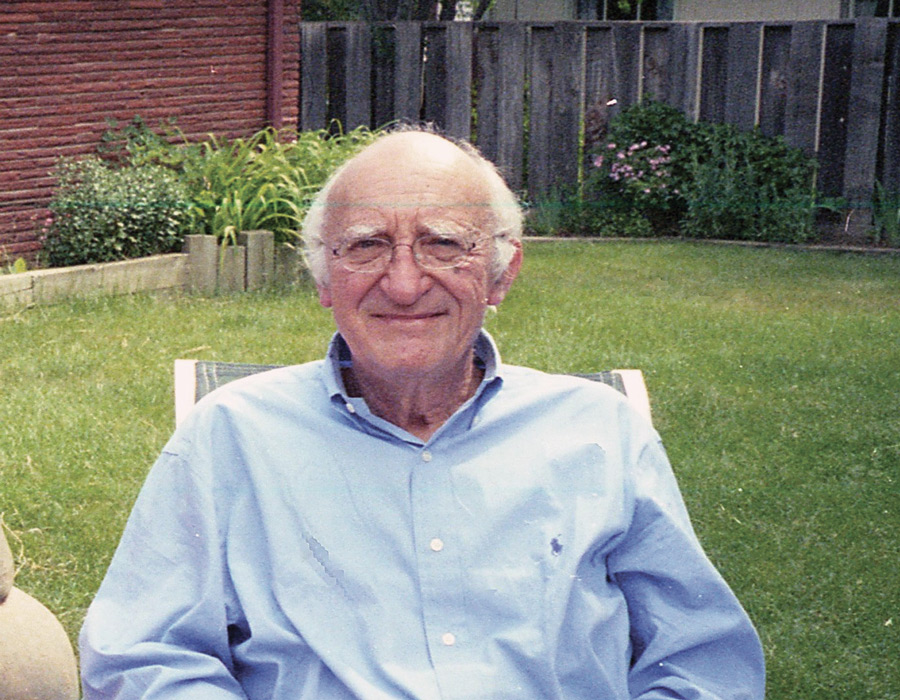
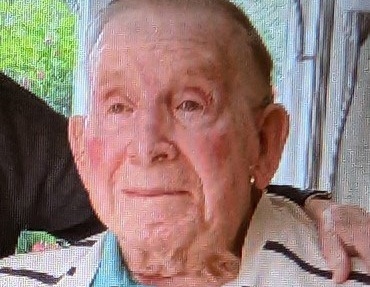
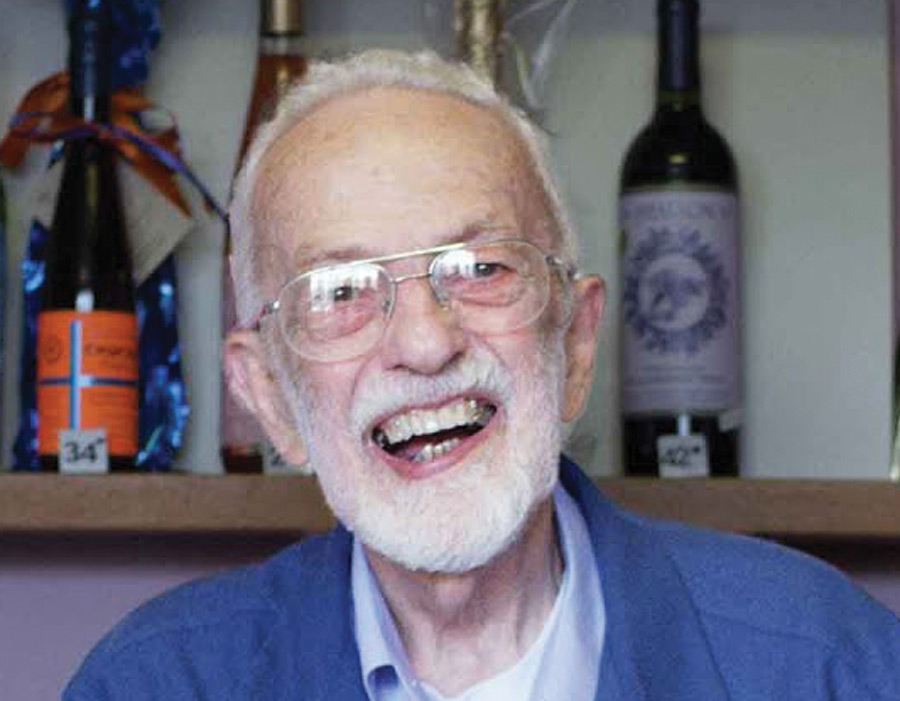
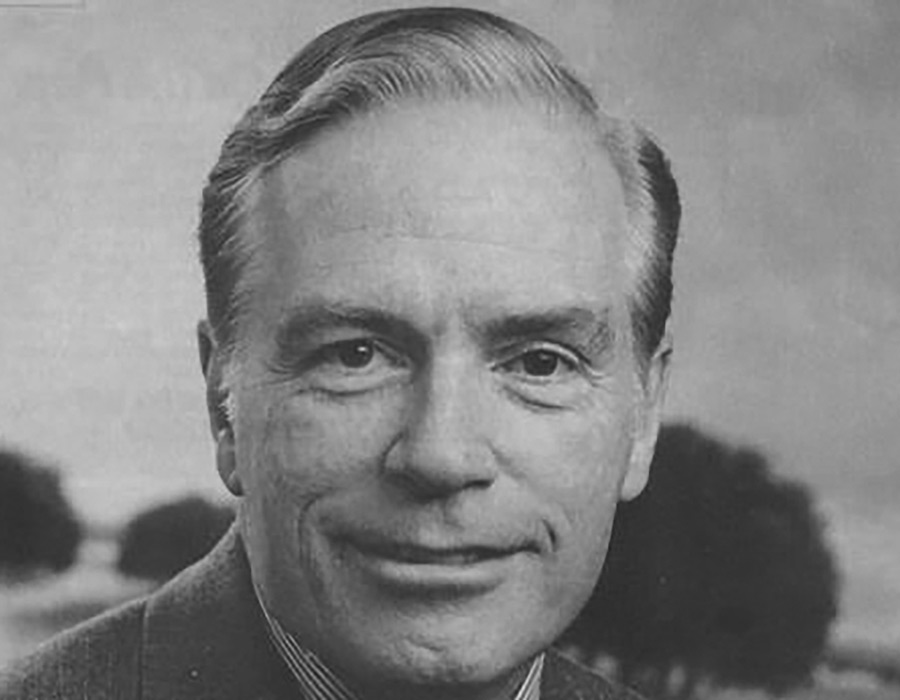
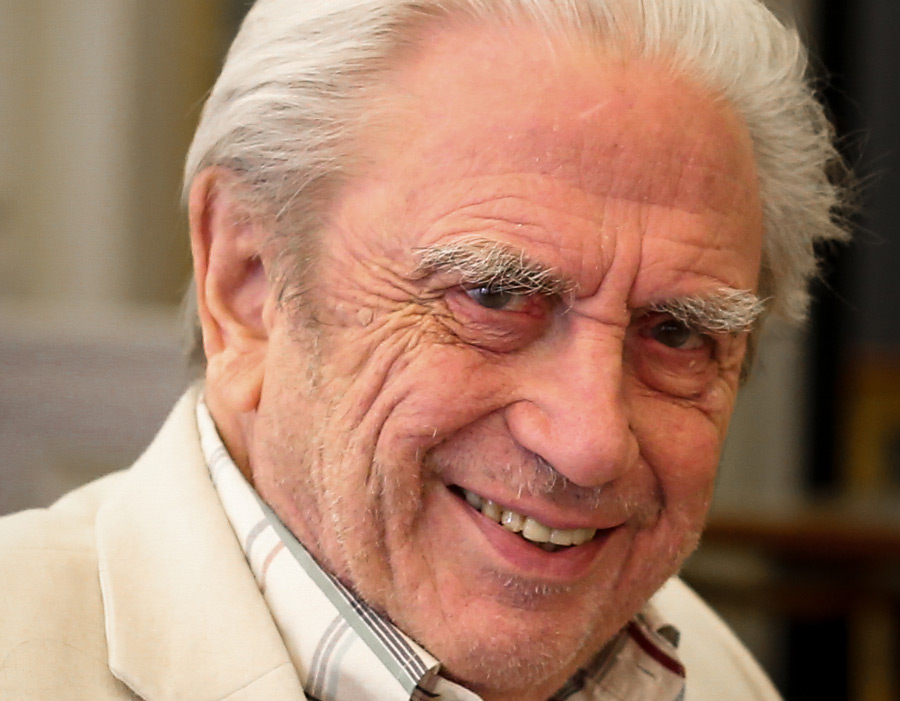
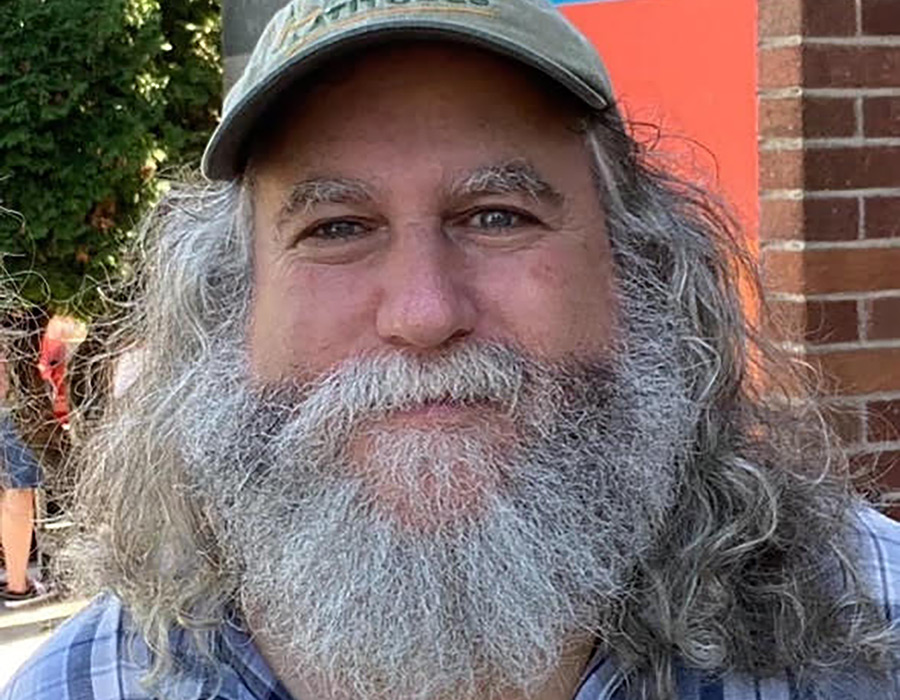
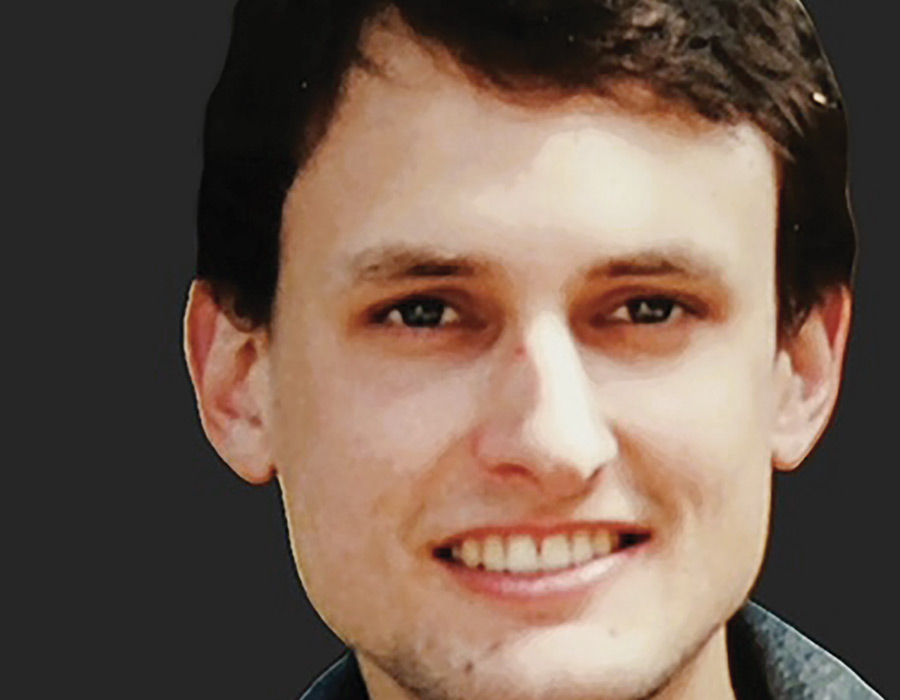
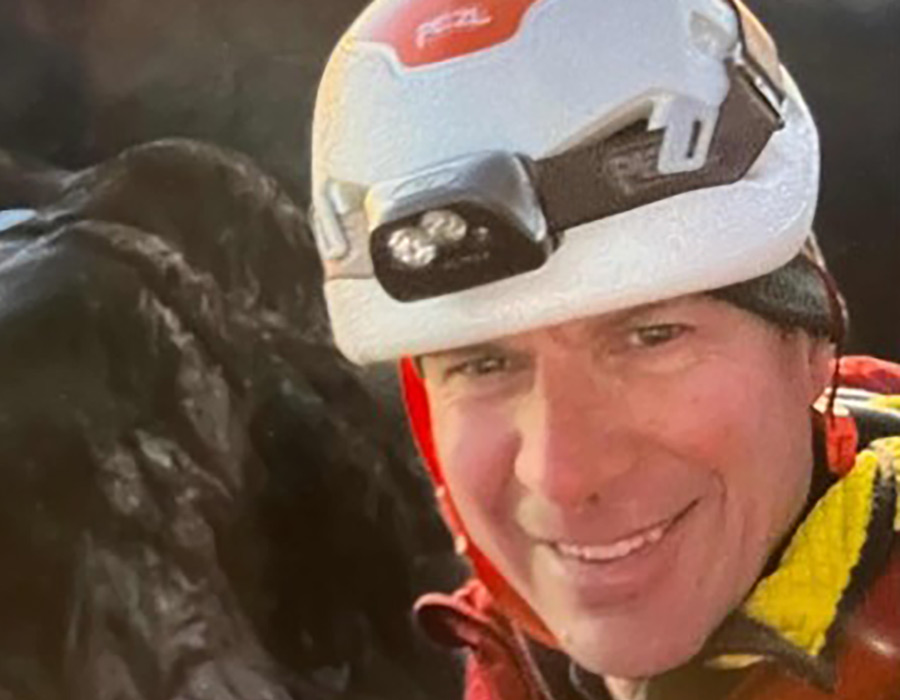
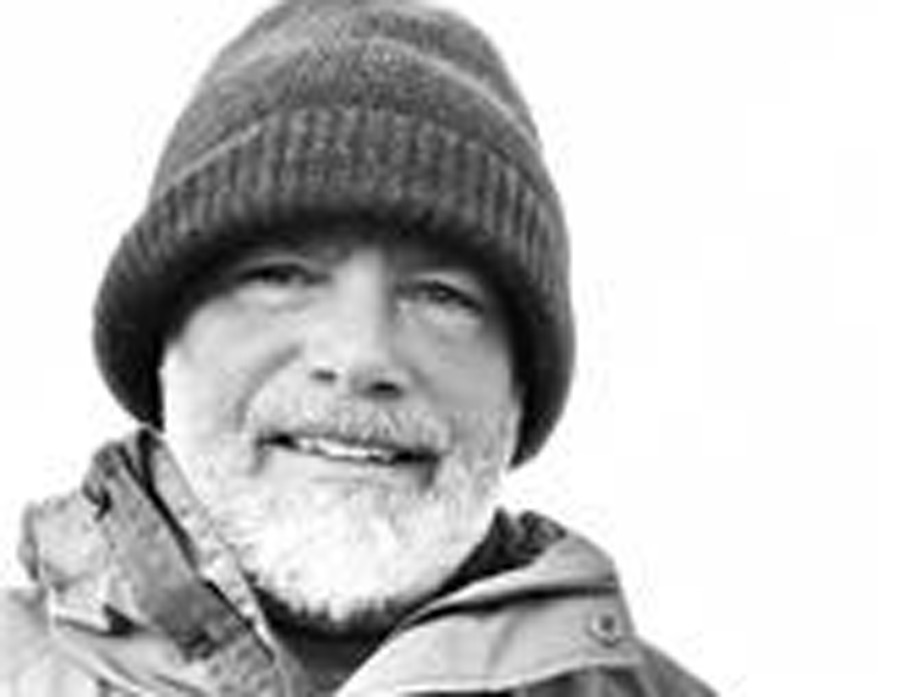
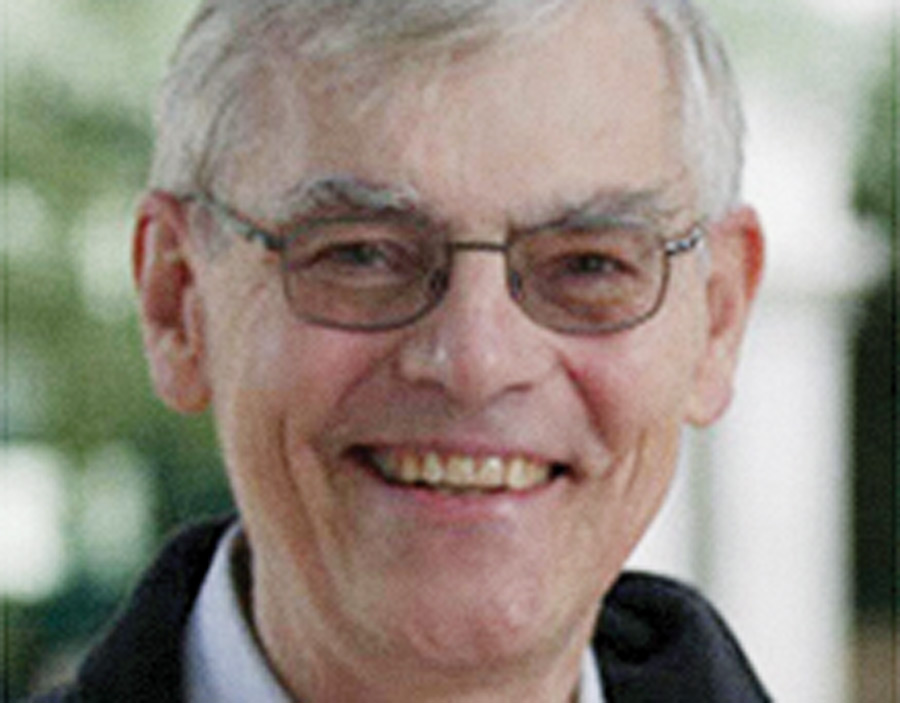
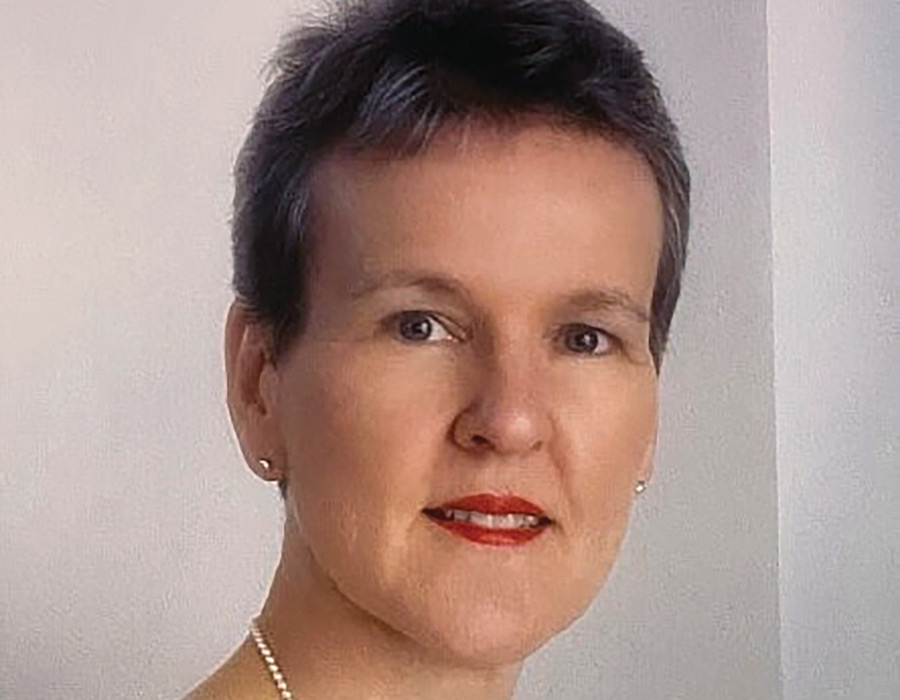
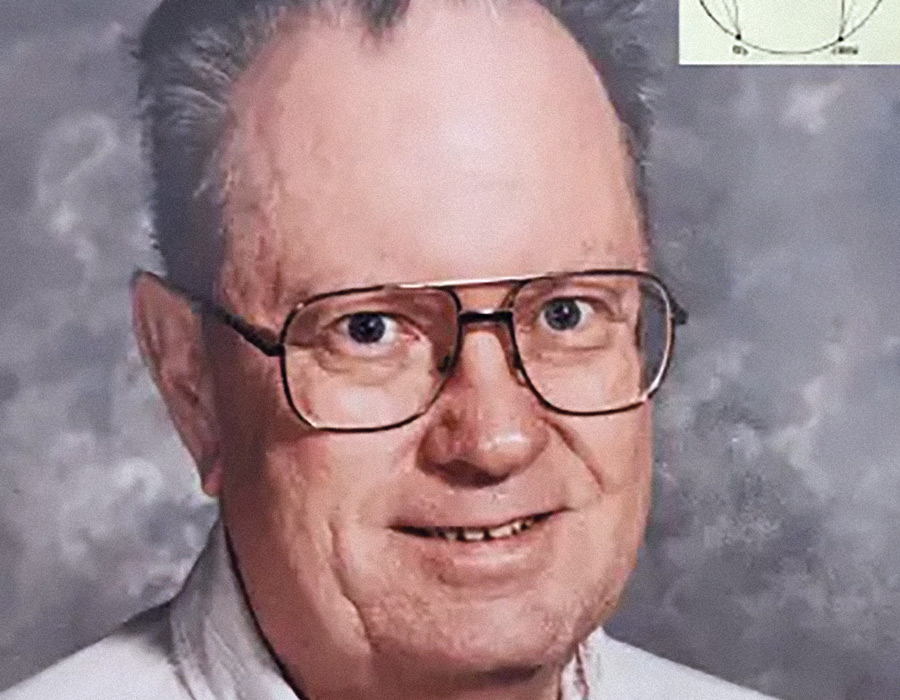
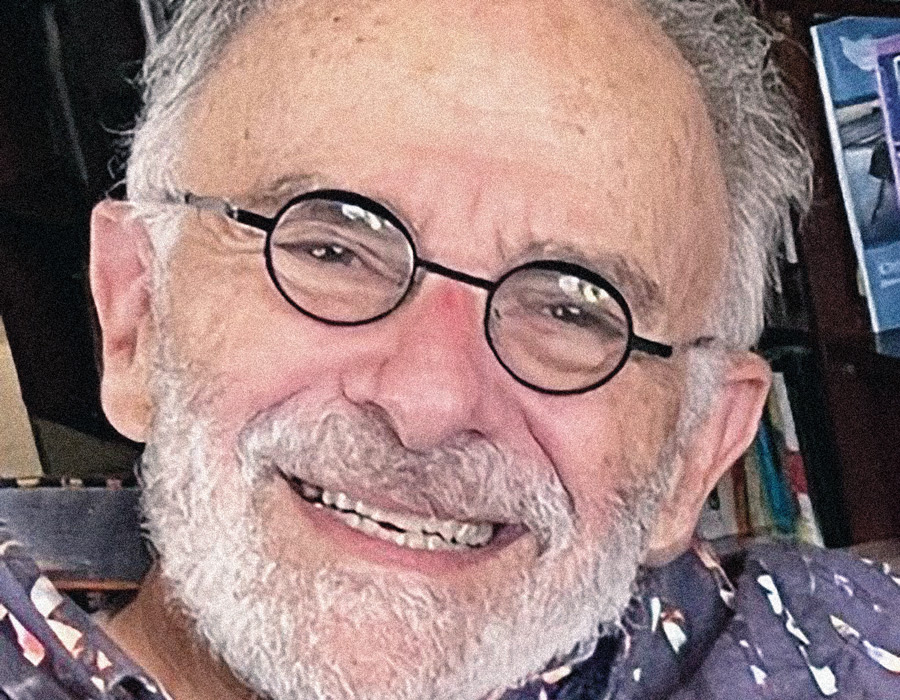
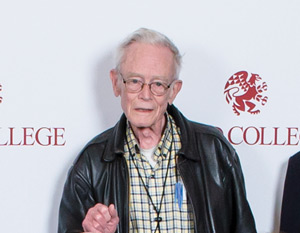
![Photo of Prof. Laurens Ruben [biology 1955–92]](https://www.reed.edu/reed-magazine/in-memoriam/assets/images/Larry-Ruben-copy.jpg)
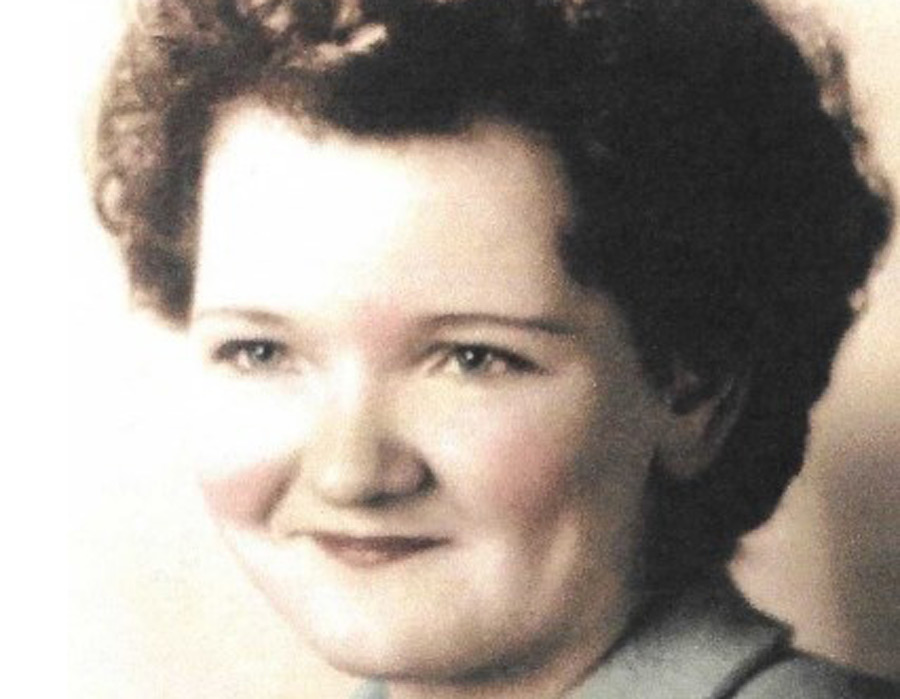
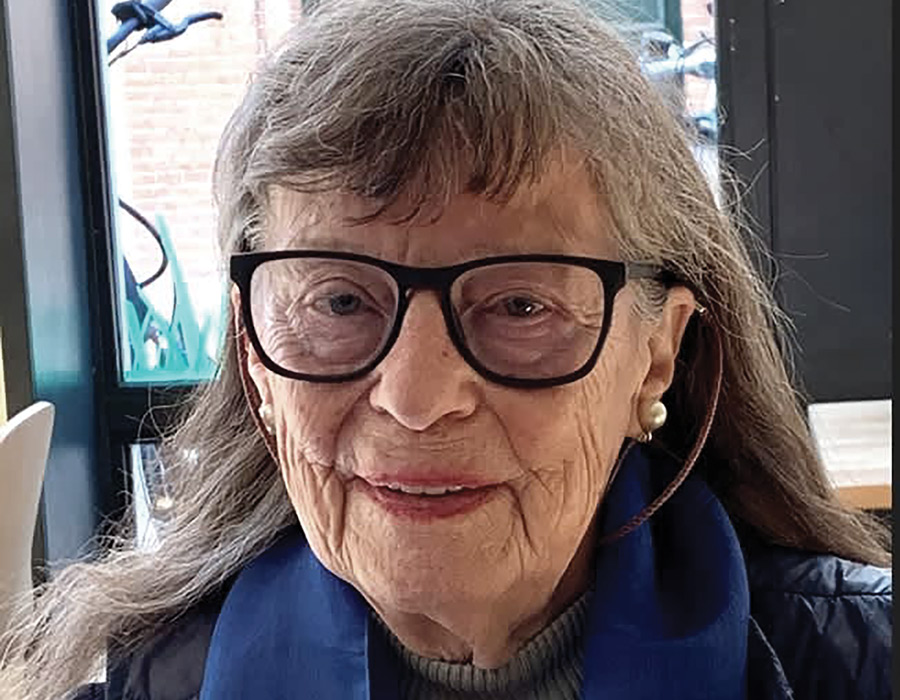
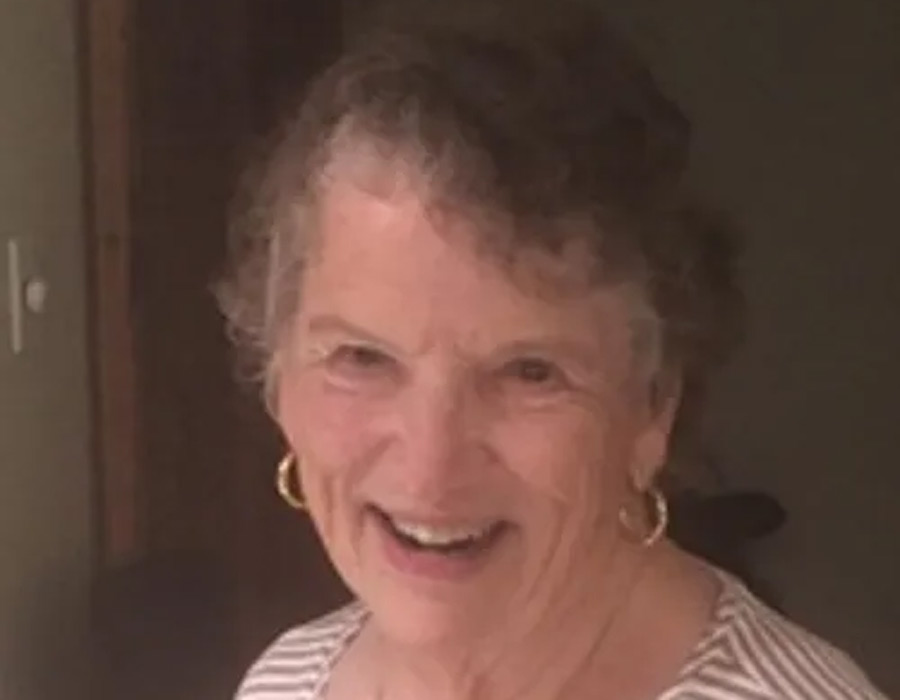
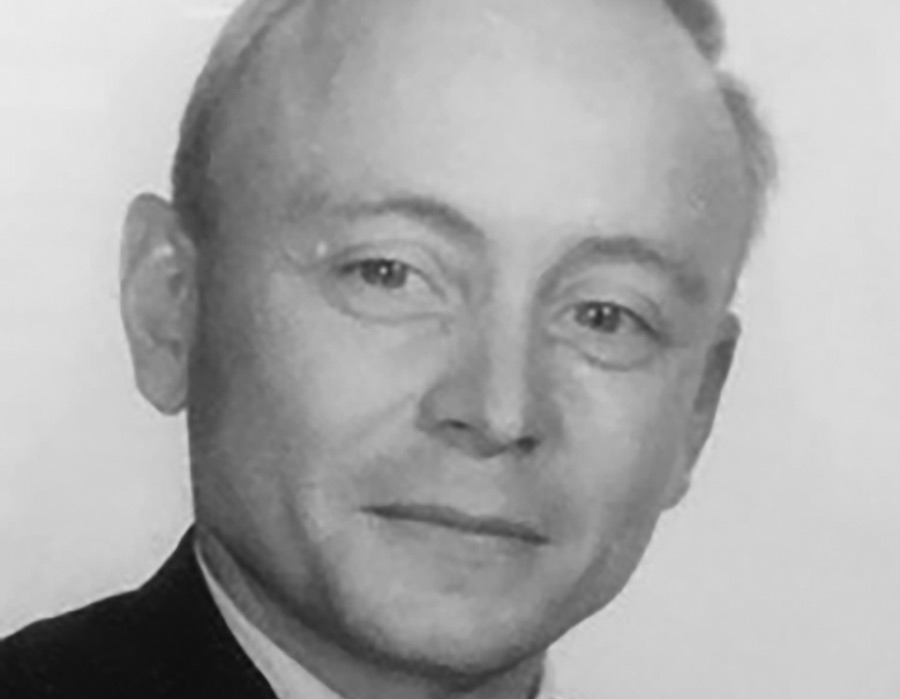
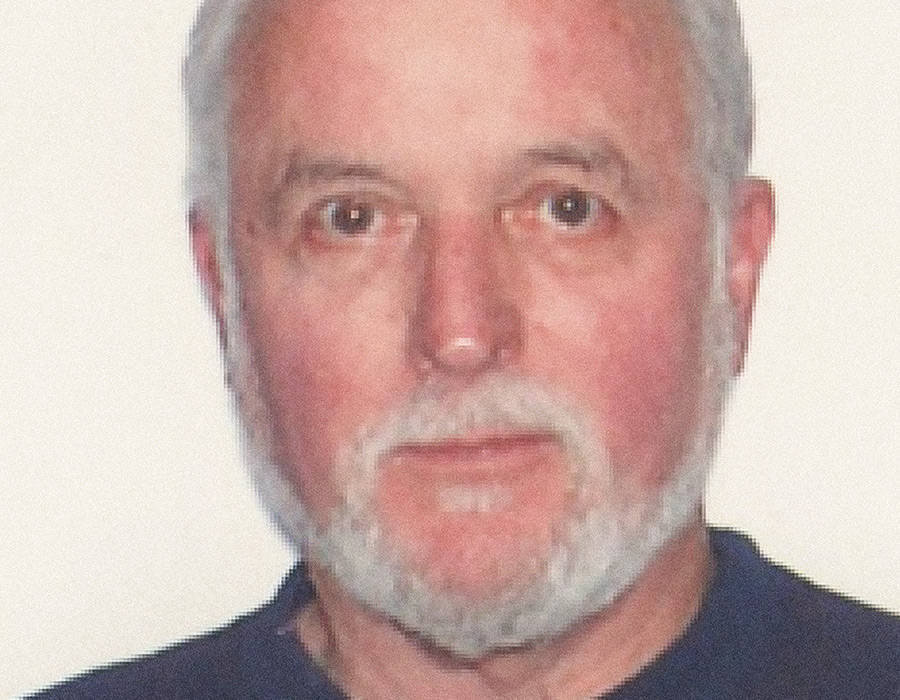
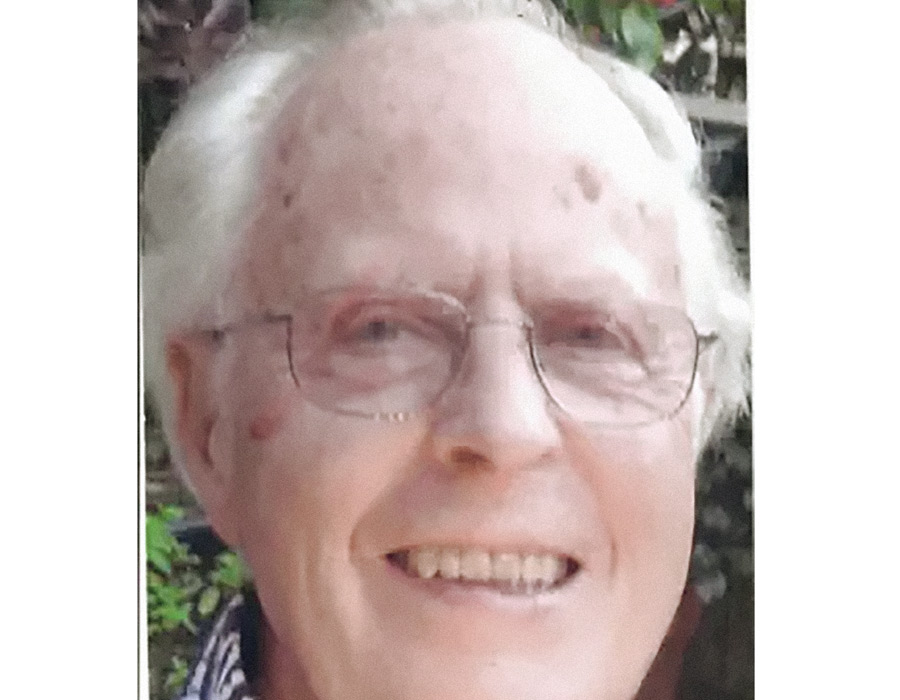
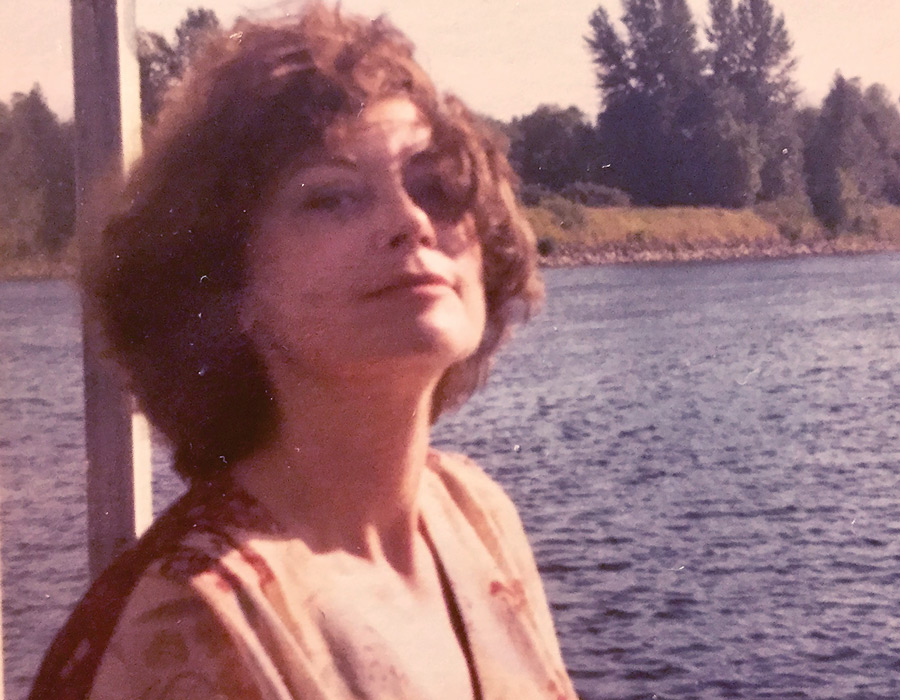
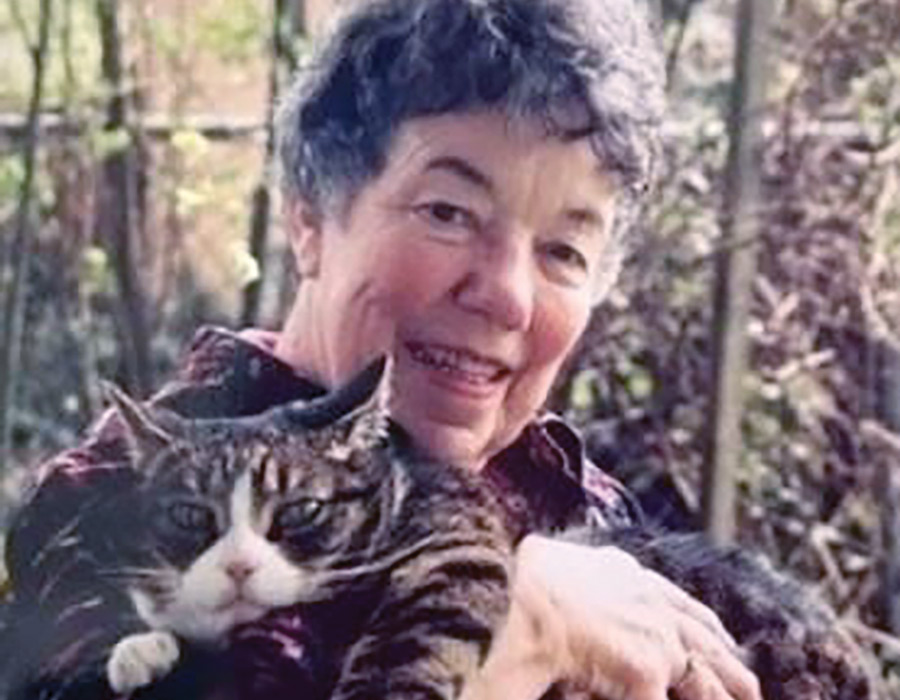
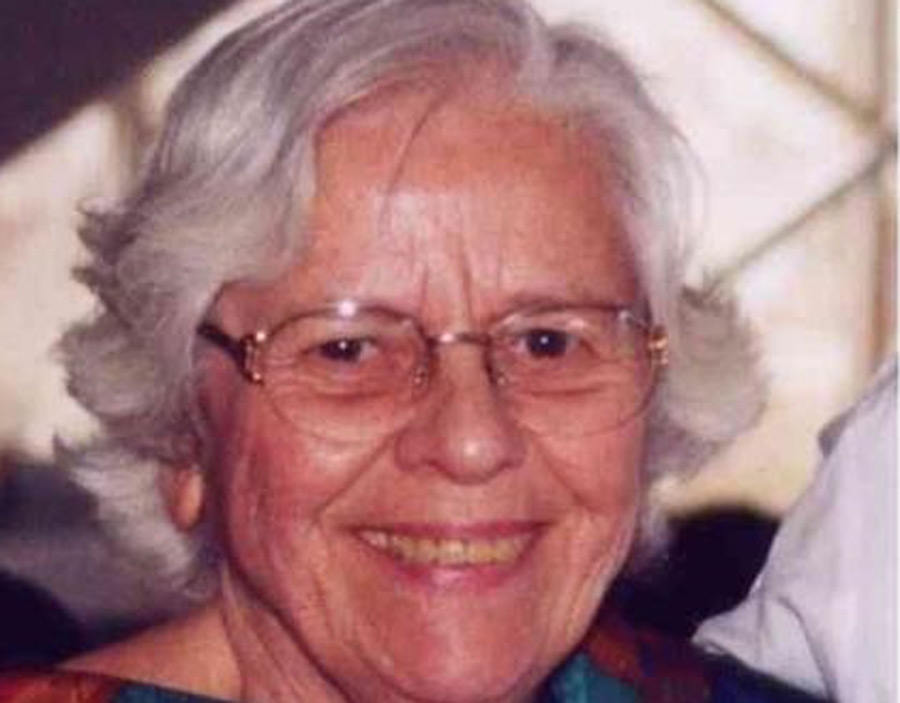
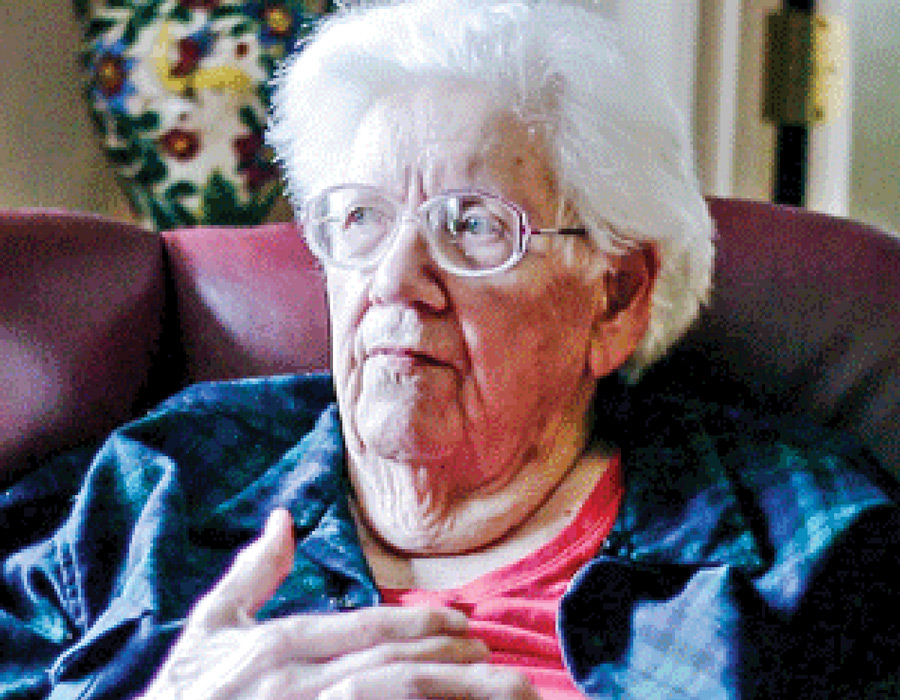
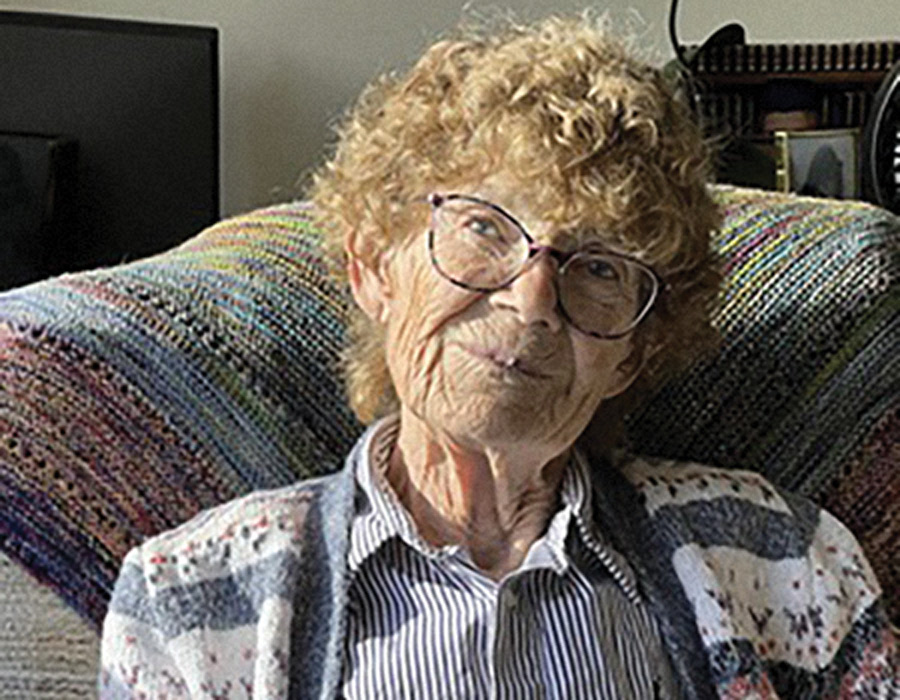
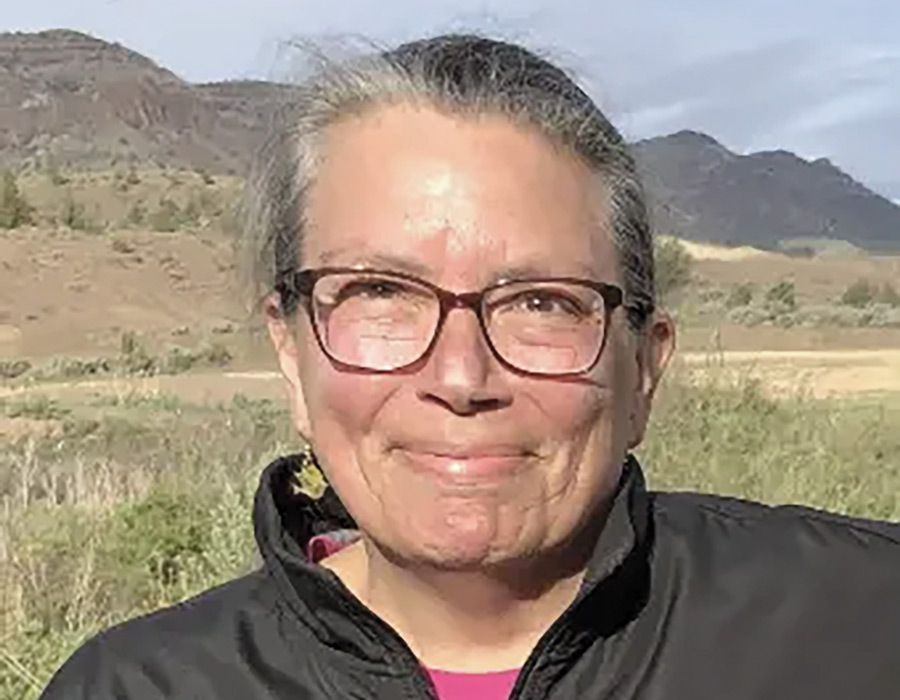
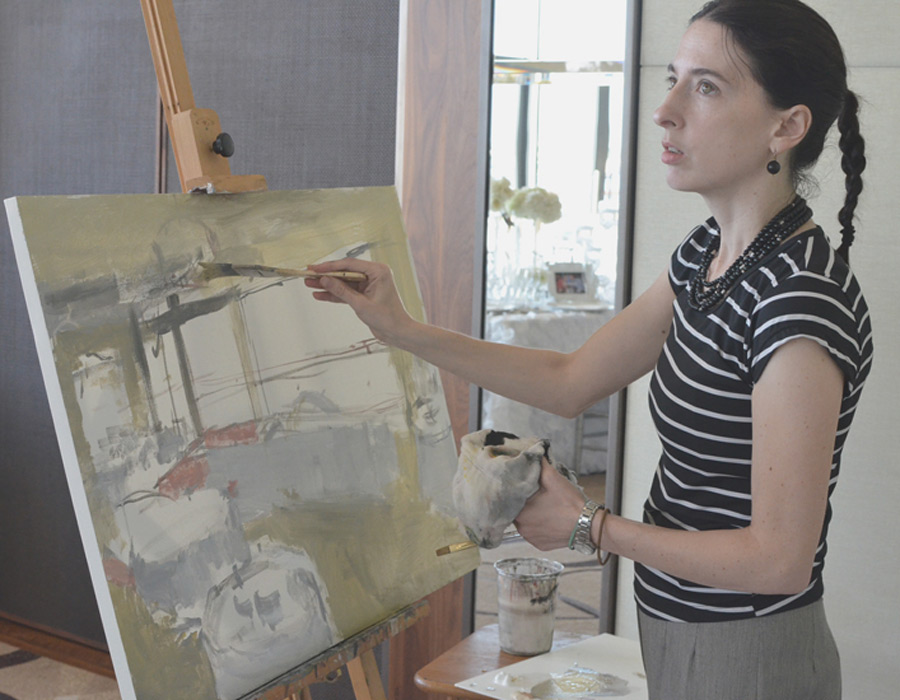
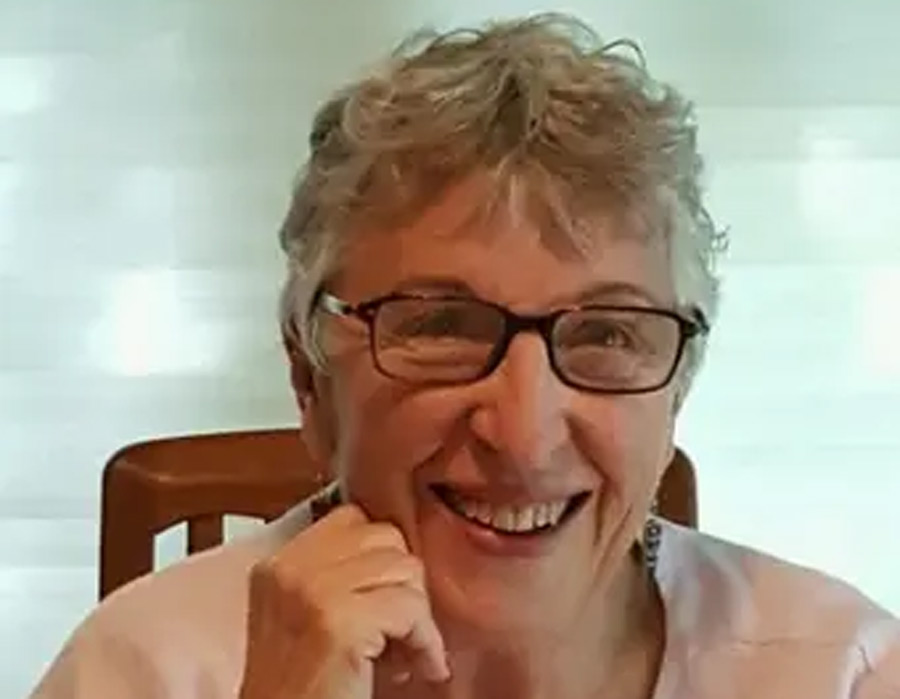
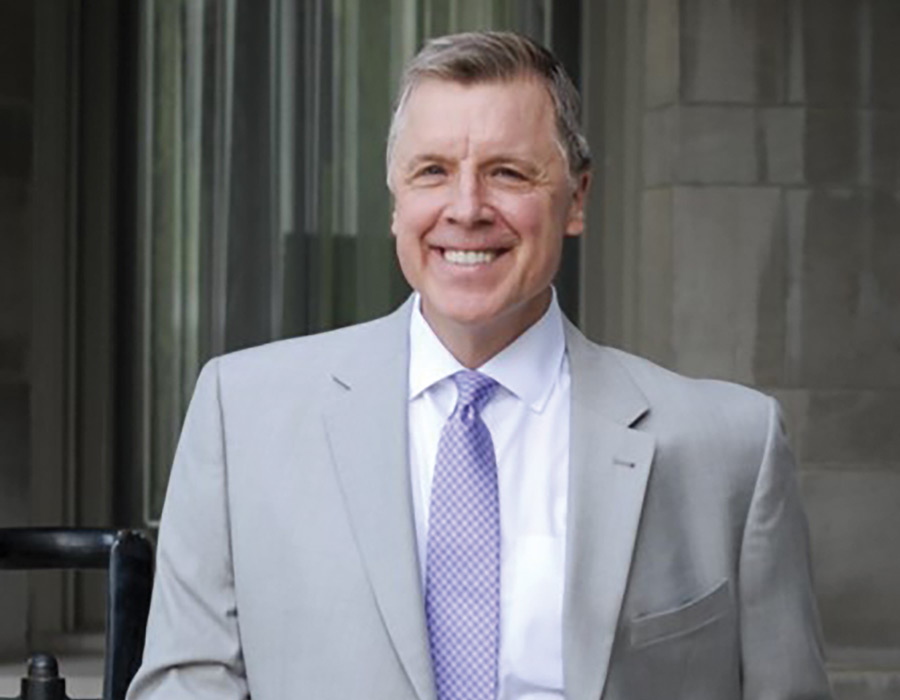
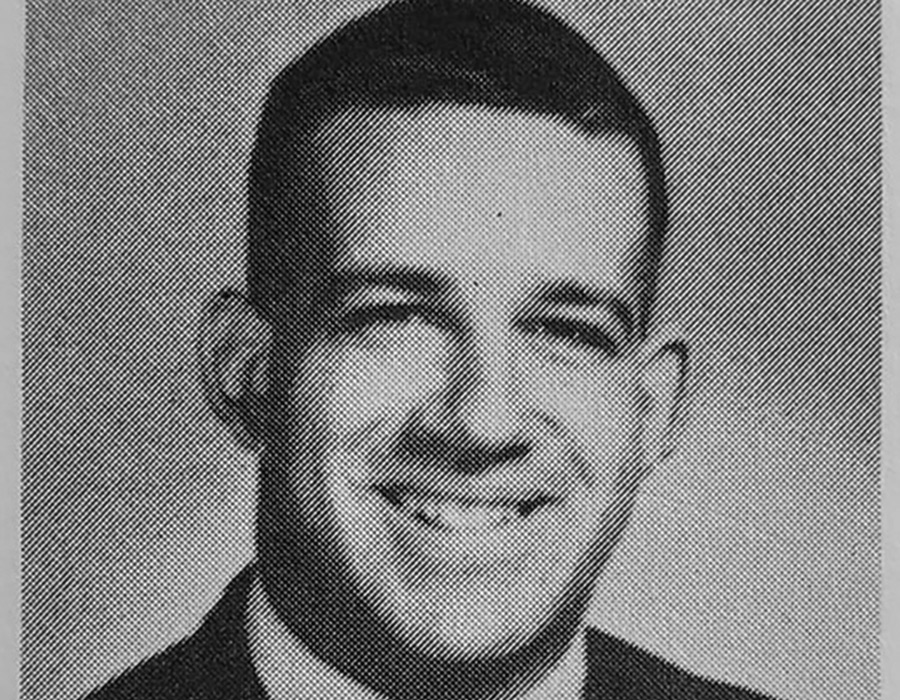
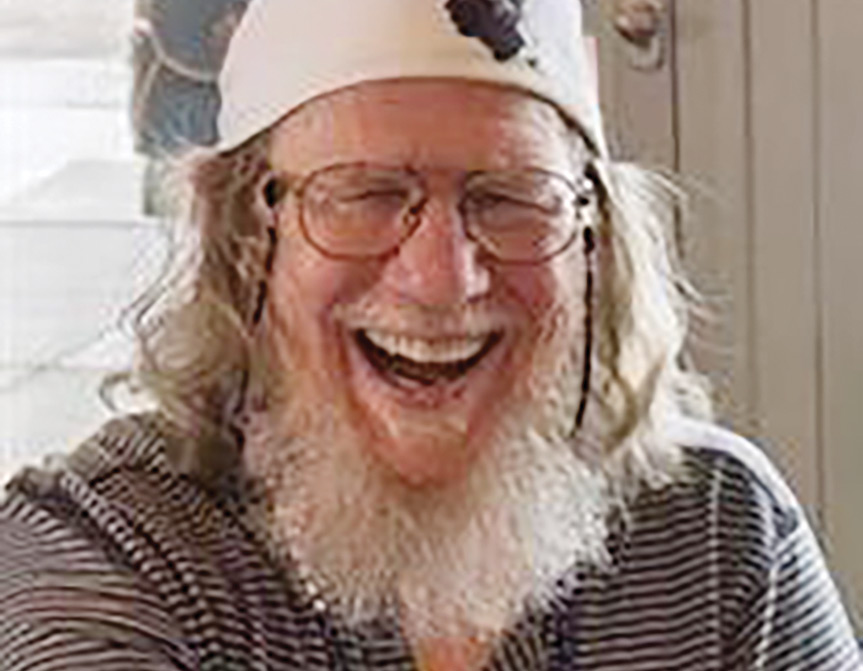
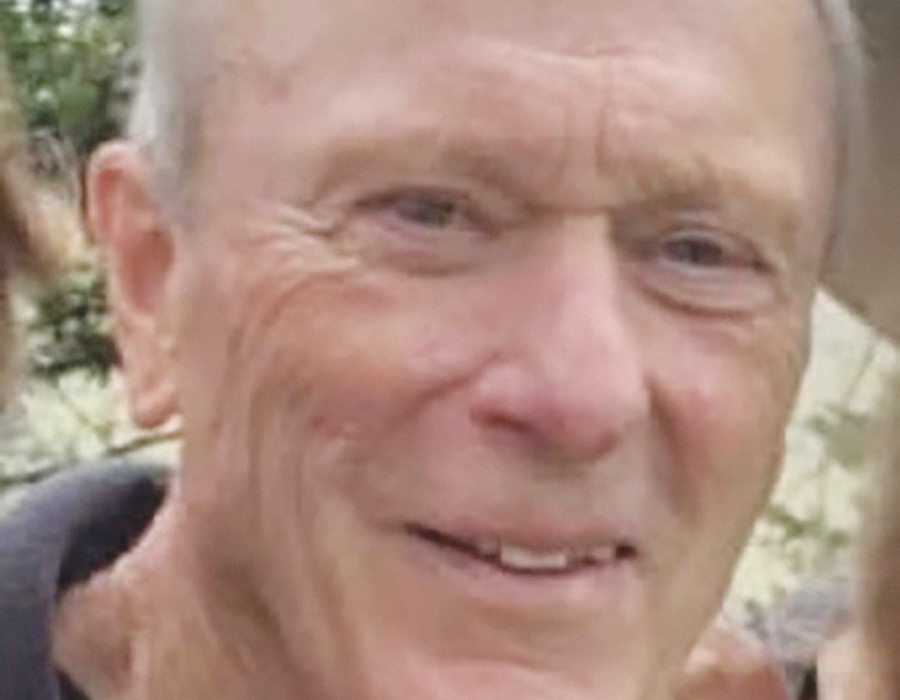
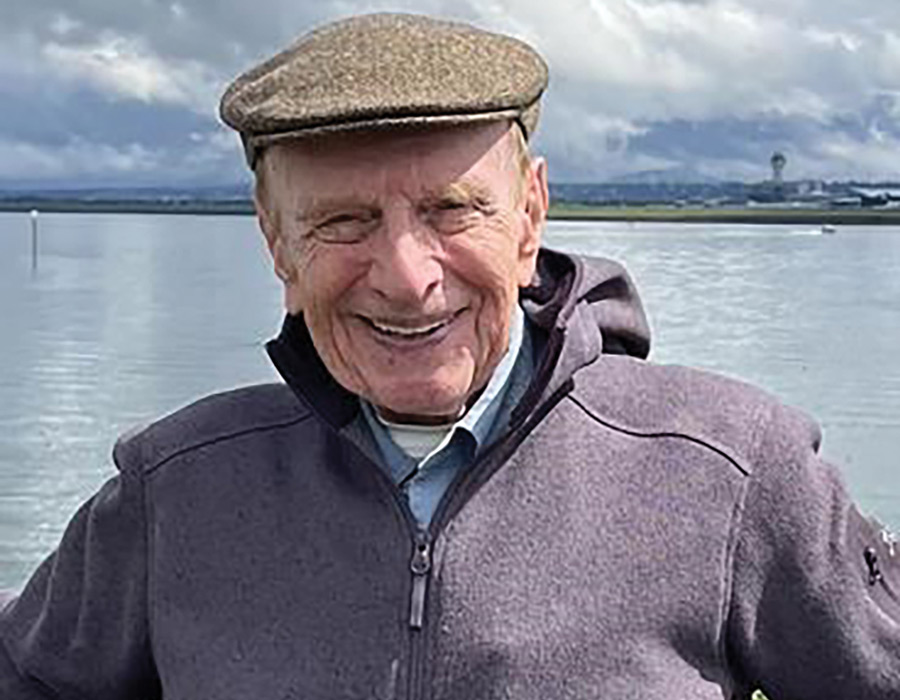
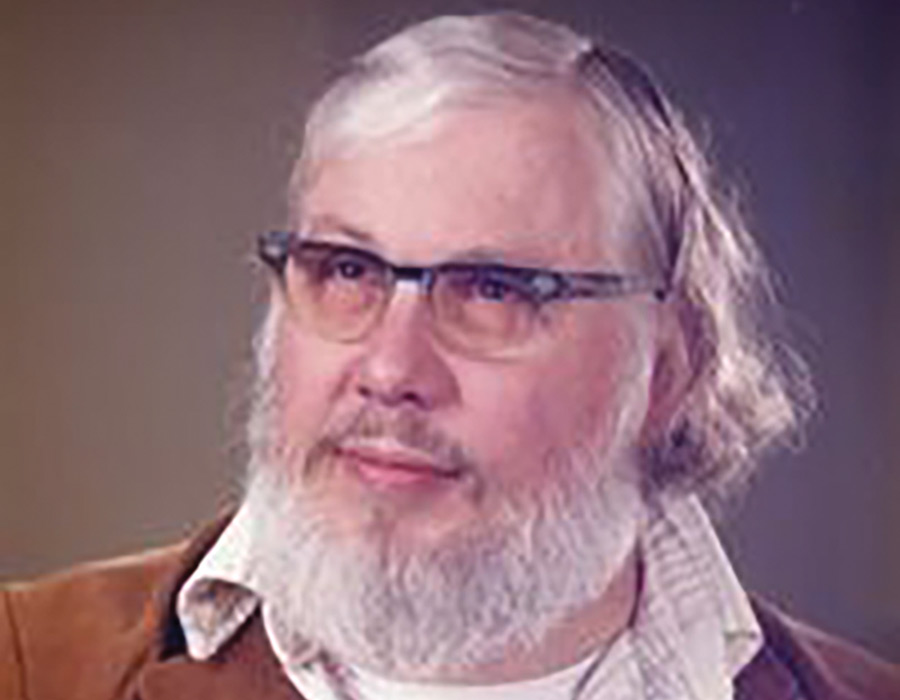
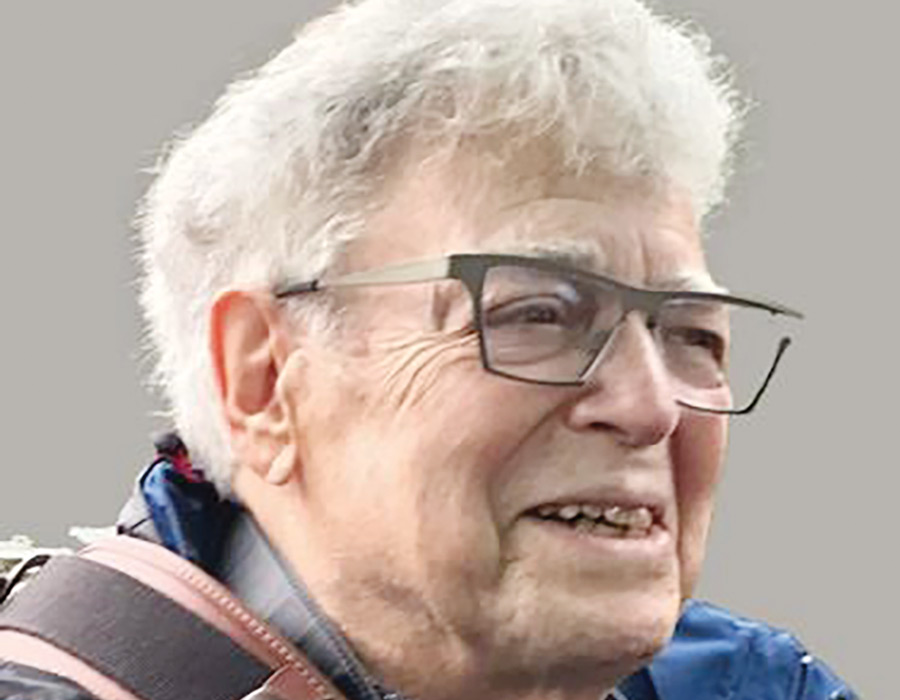
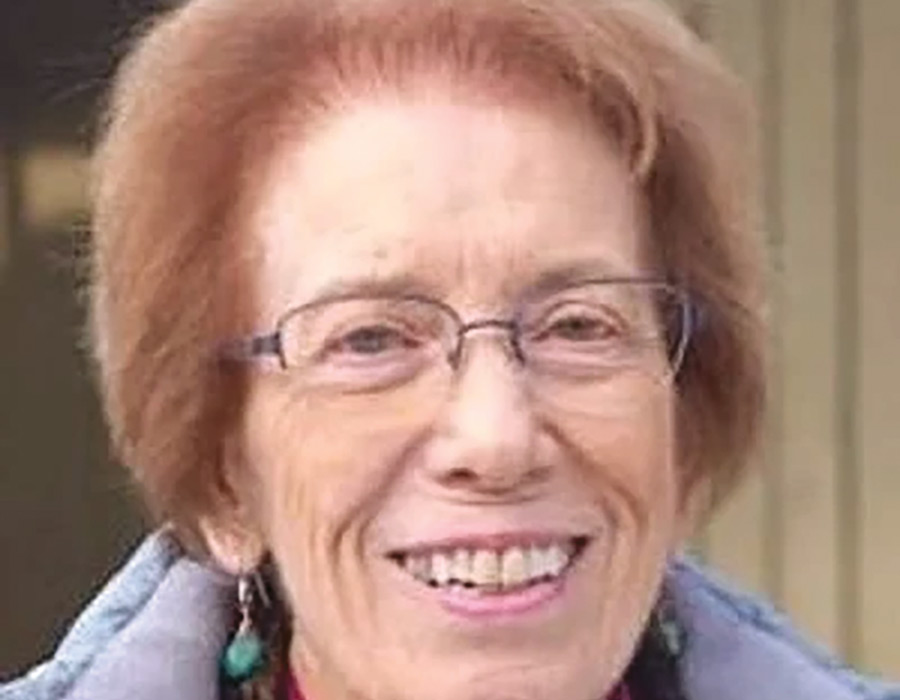
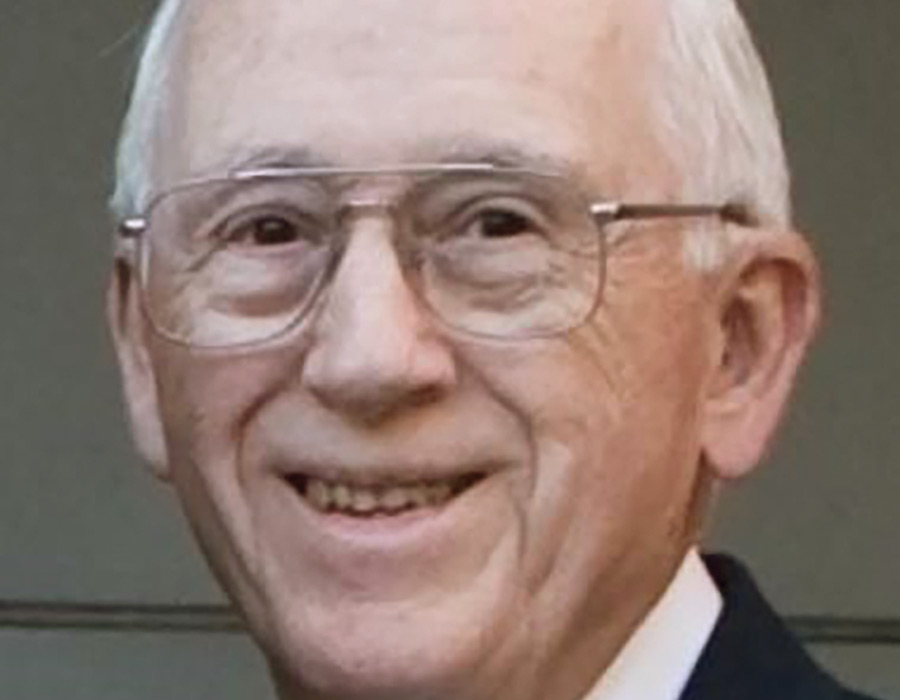
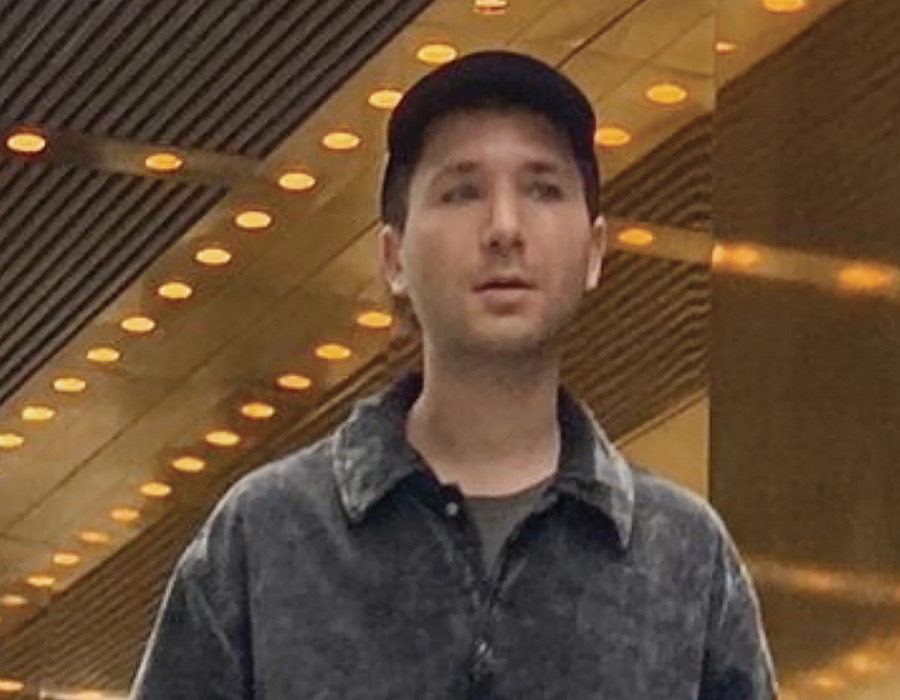
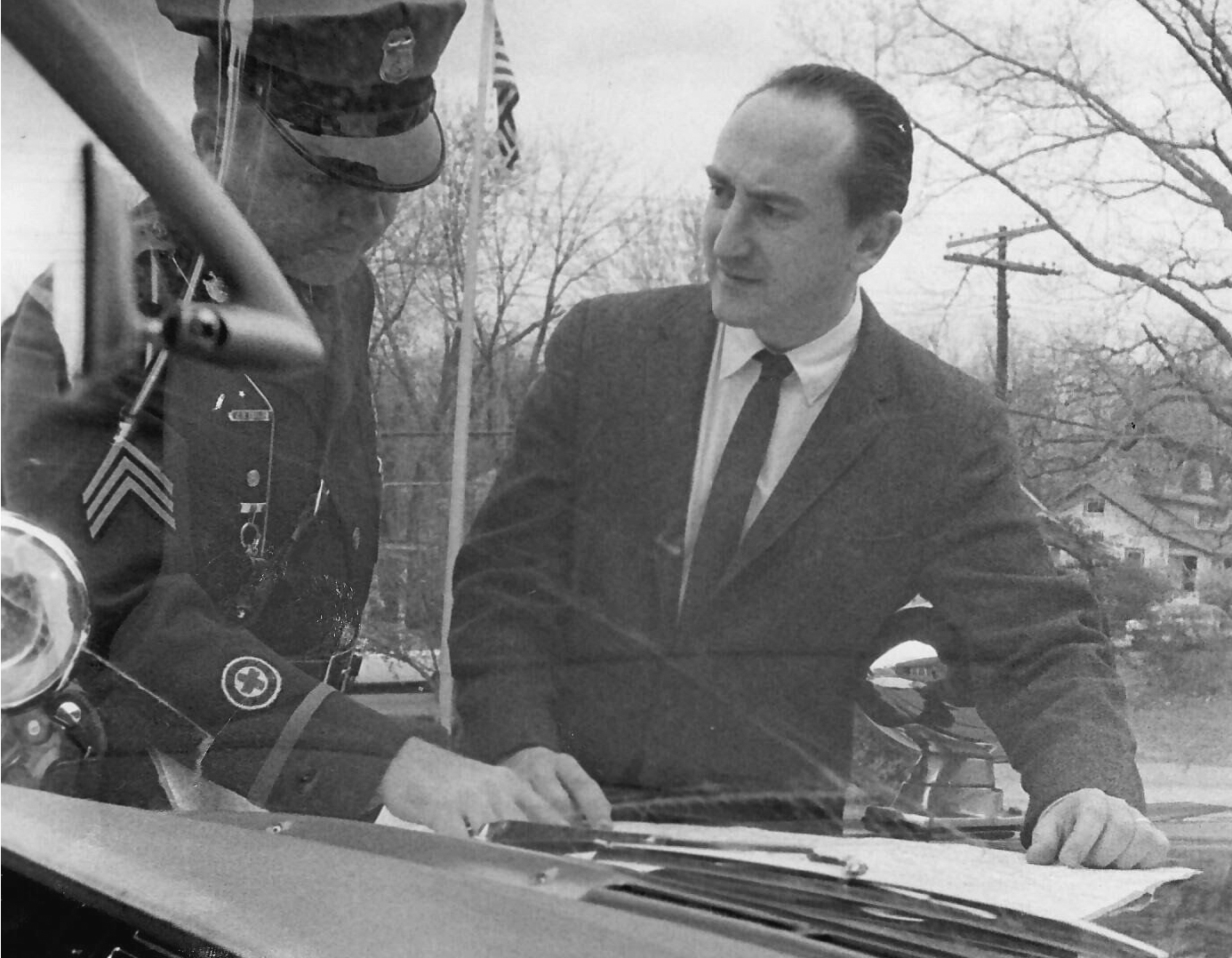
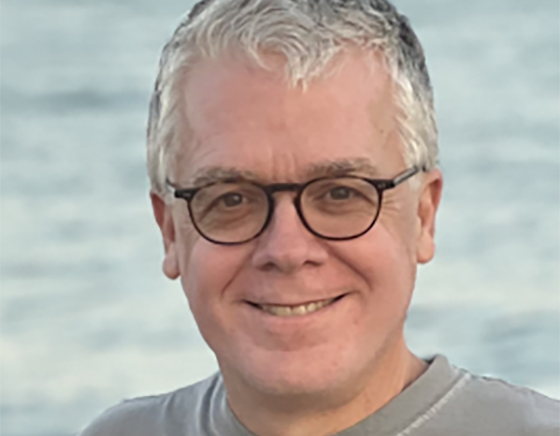
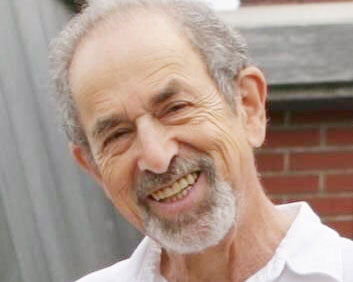
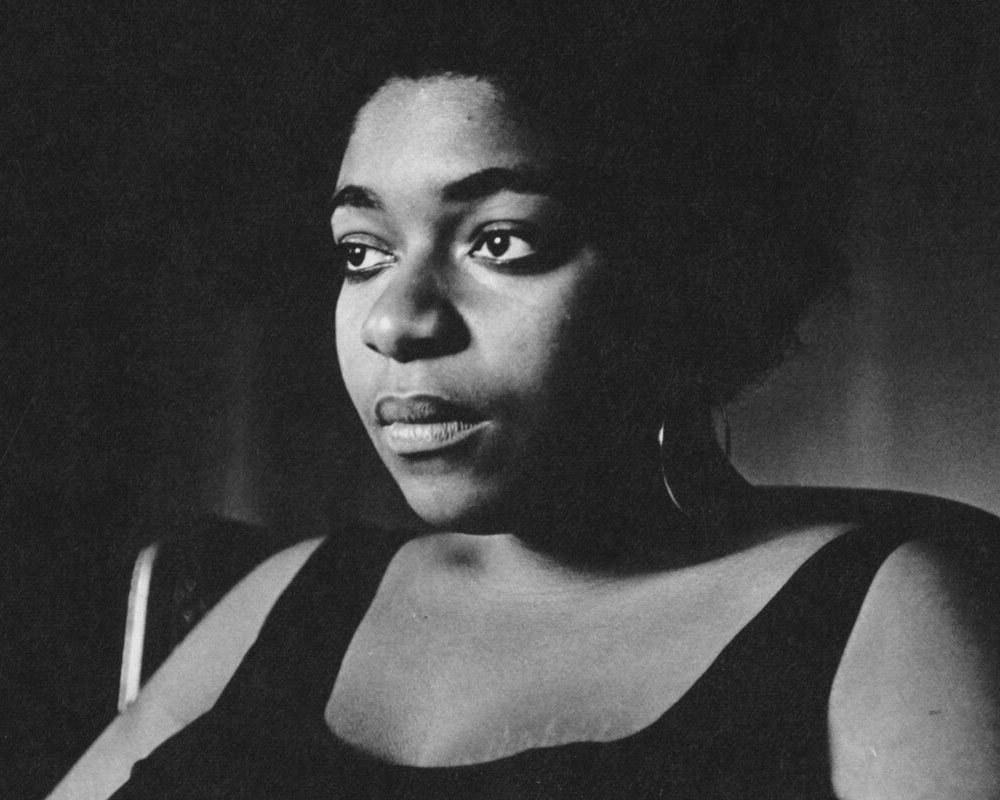


![Photo of Prof. Marvin Levich [philosophy 1953–94]](https://www.reed.edu/reed-magazine/in-memoriam/assets/images/2022/LTL-levich1.jpg)
![Photo of President Paul E. Bragdon [1971–88]](https://www.reed.edu/reed-magazine/in-memoriam/assets/images/2020/Bragdon.jpg)
![Photo of Prof. Edward Barton Segel [history 1973–2011]](https://www.reed.edu/reed-magazine/in-memoriam/assets/images/2020/Segel.jpg)








































































